
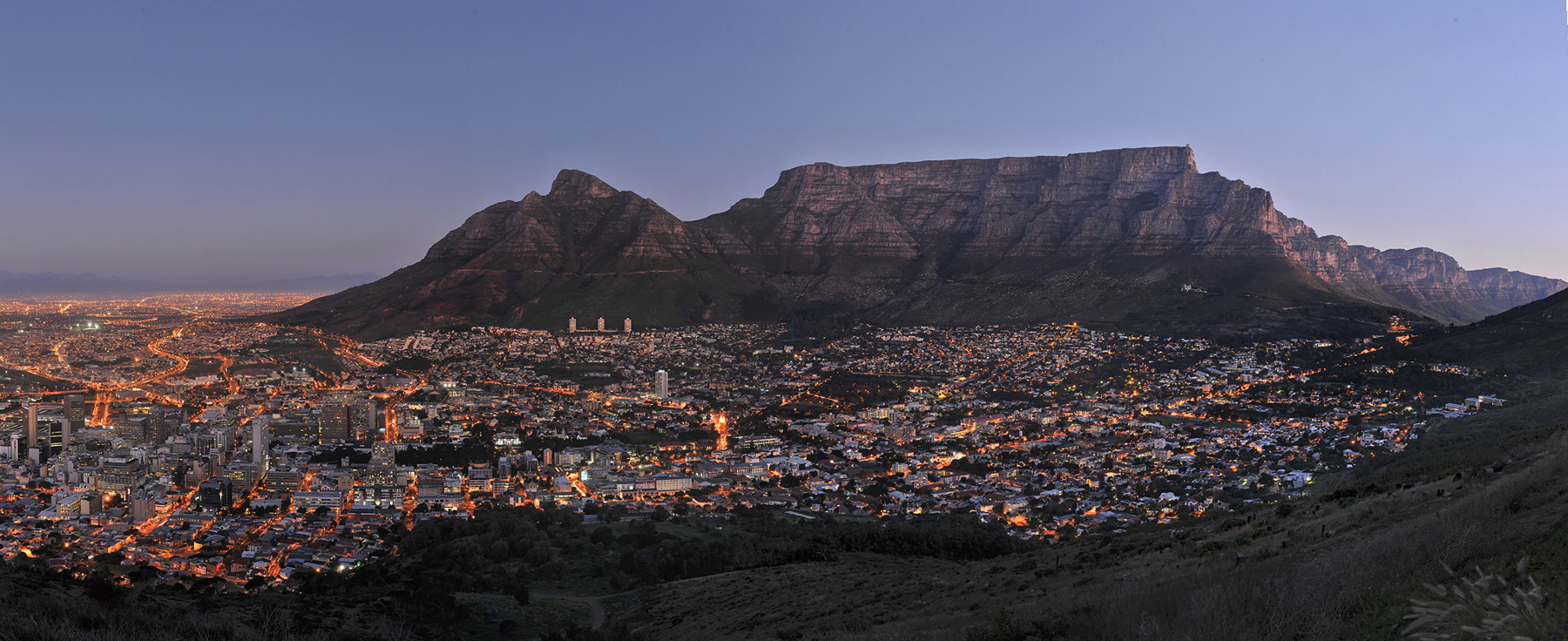
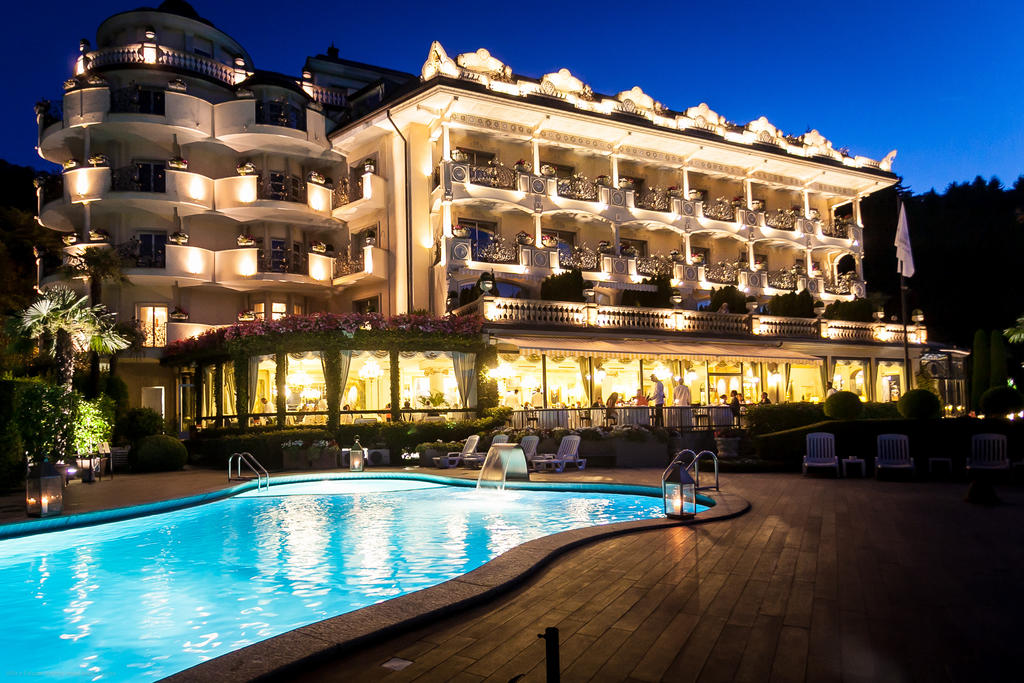
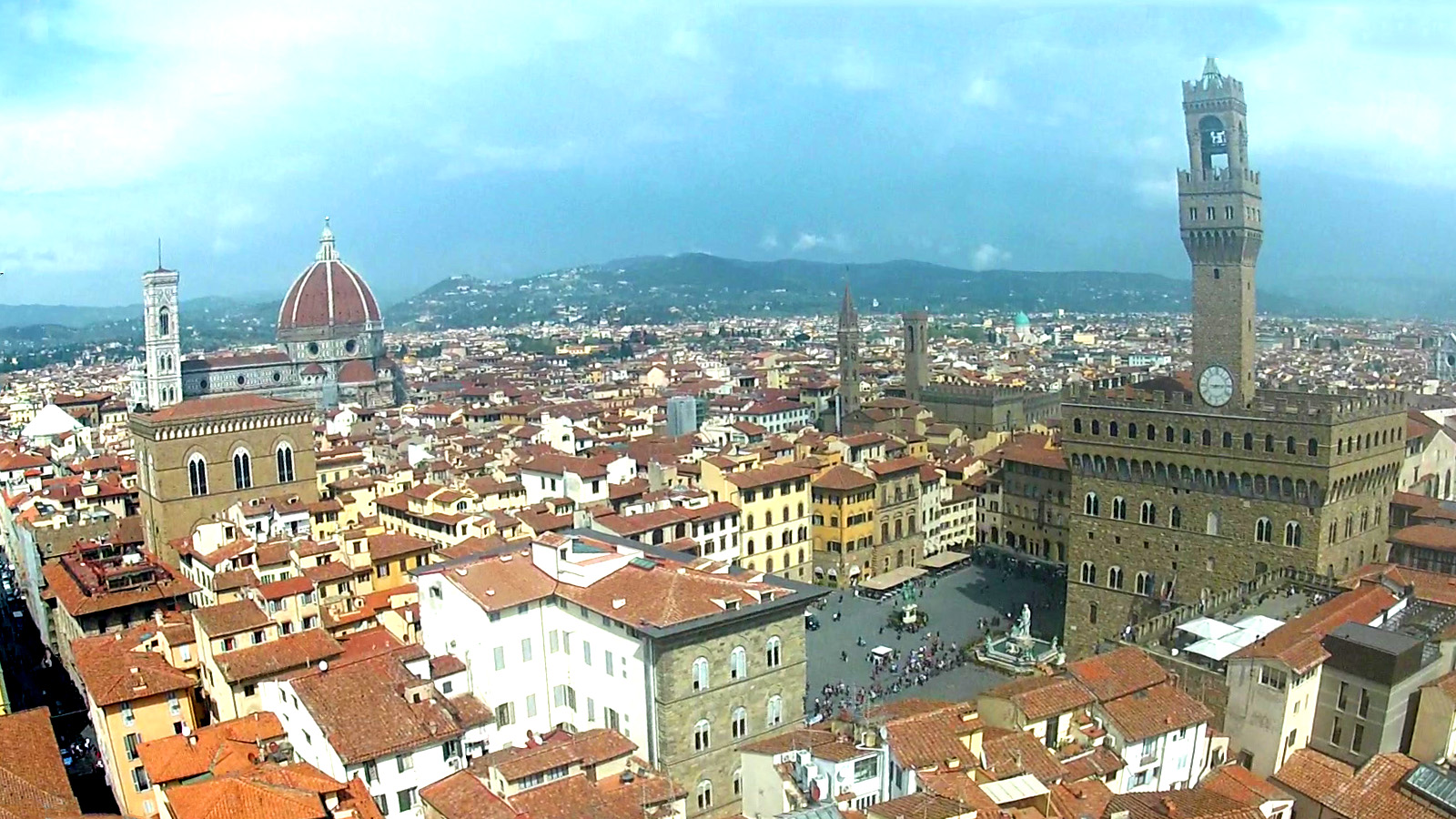

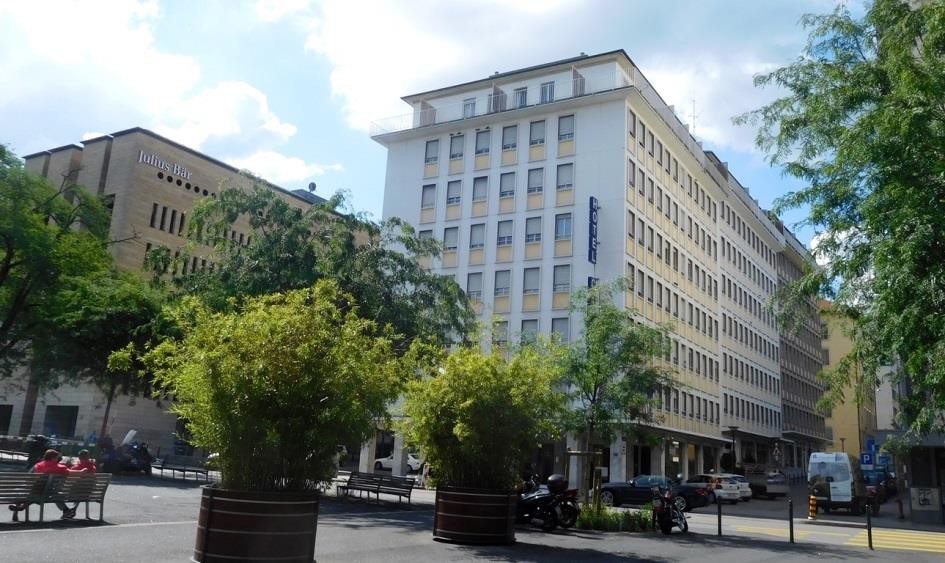
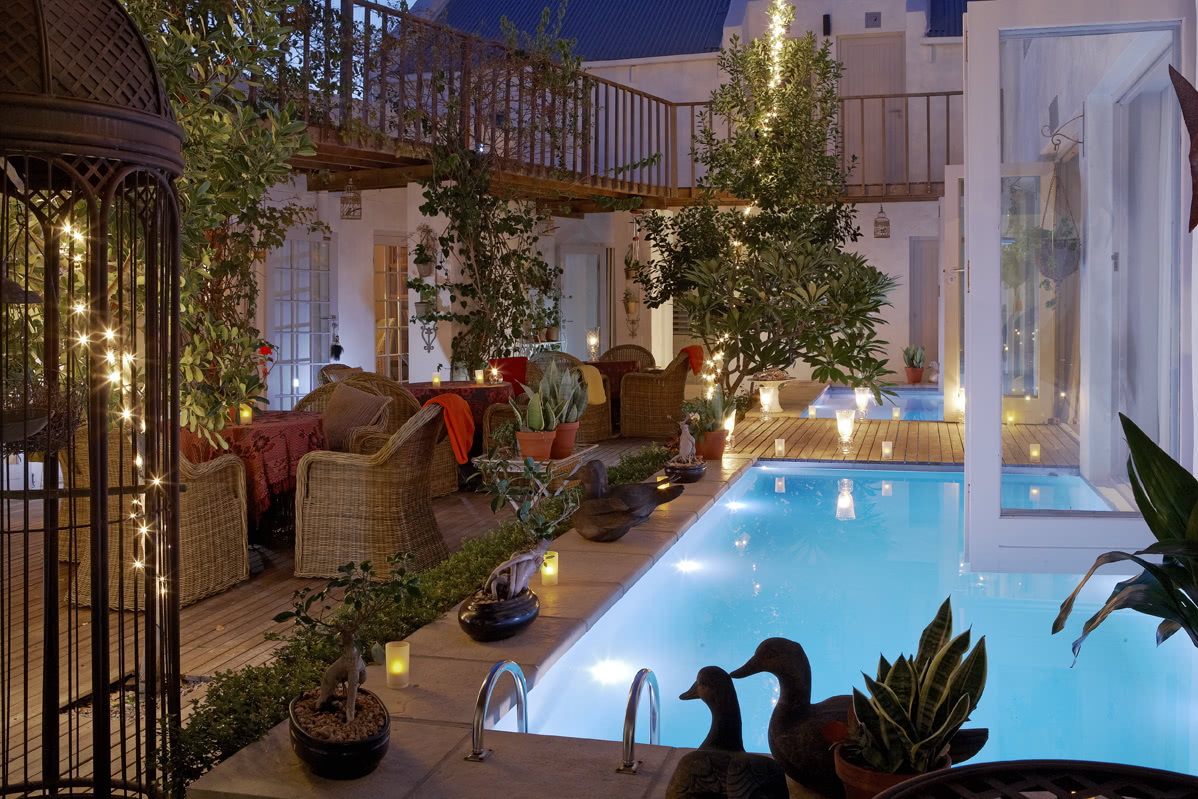
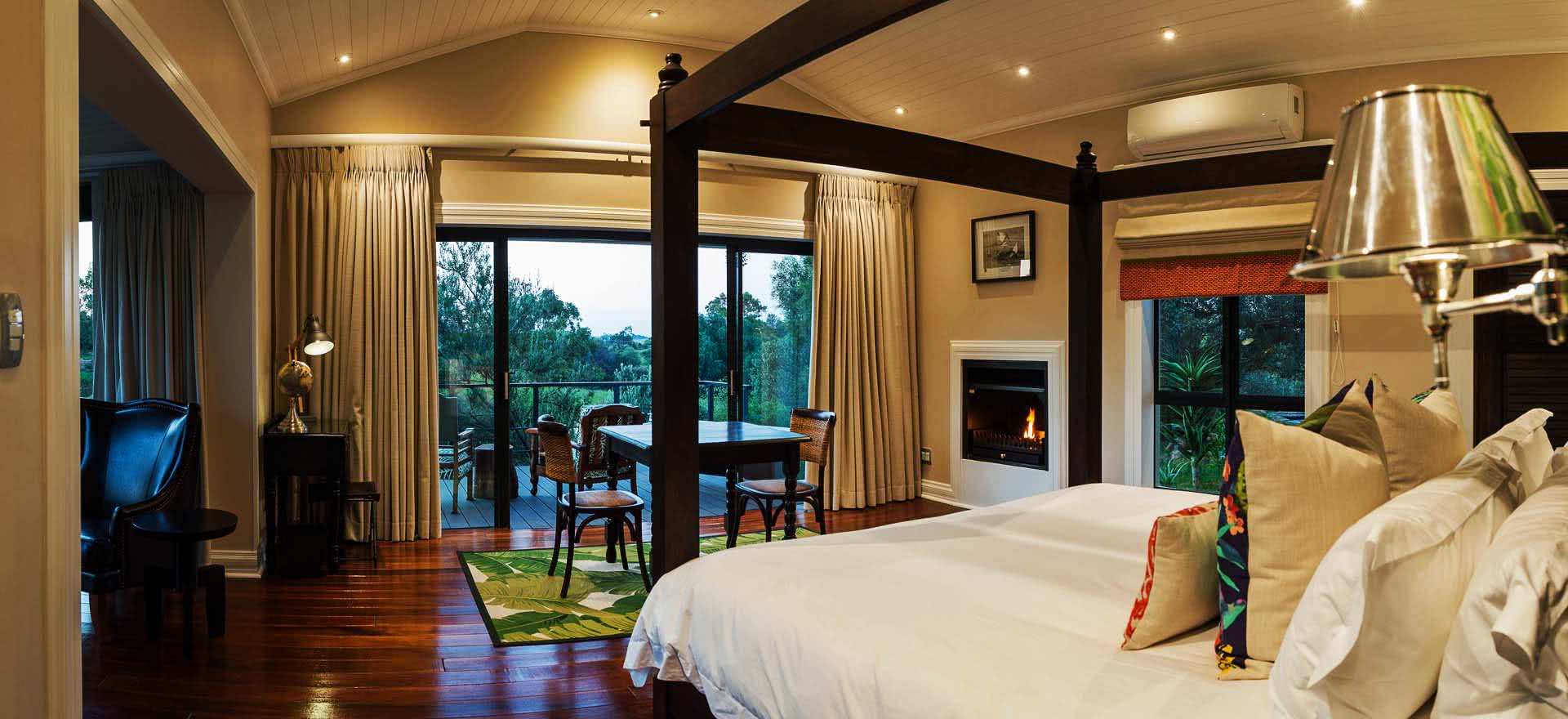
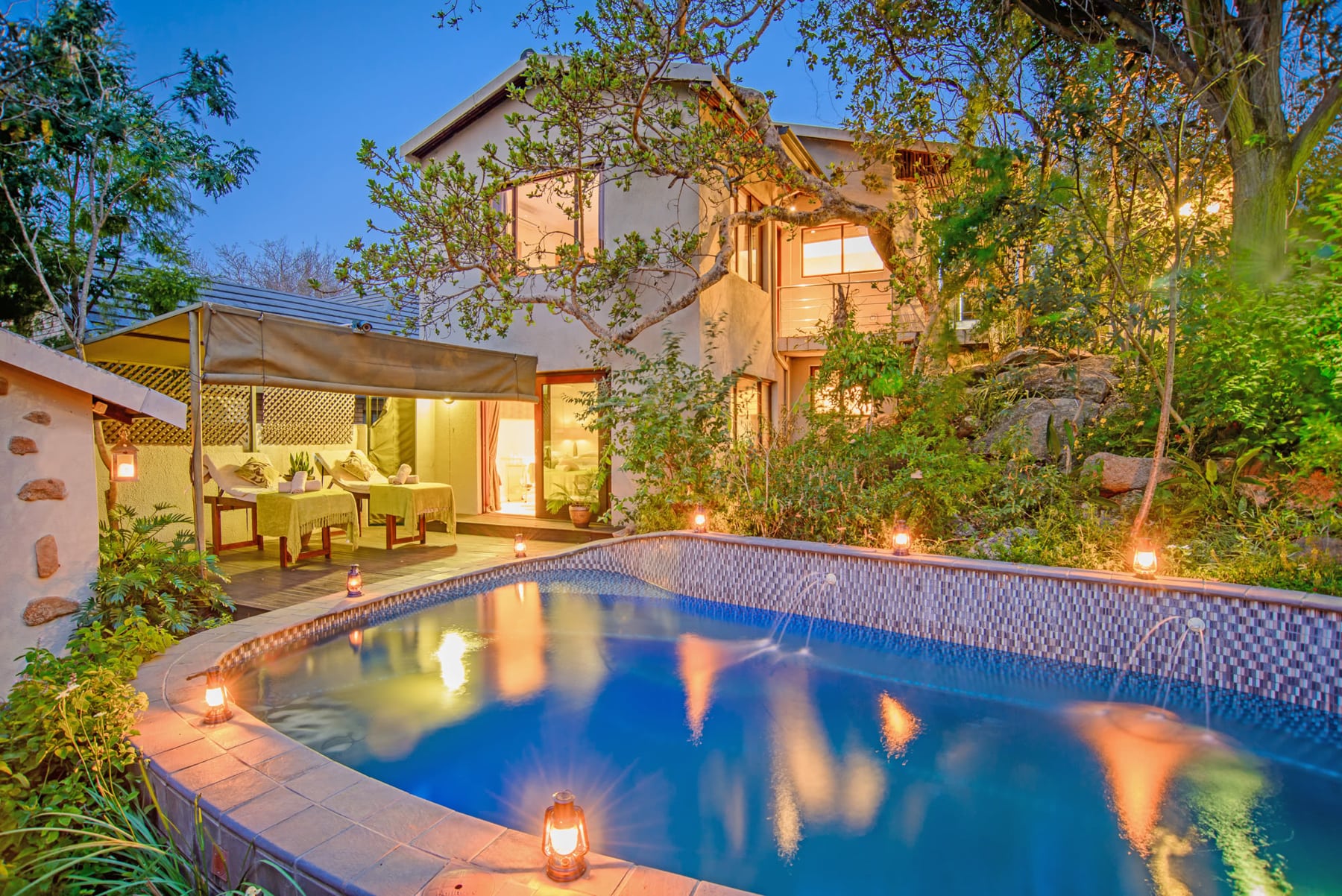

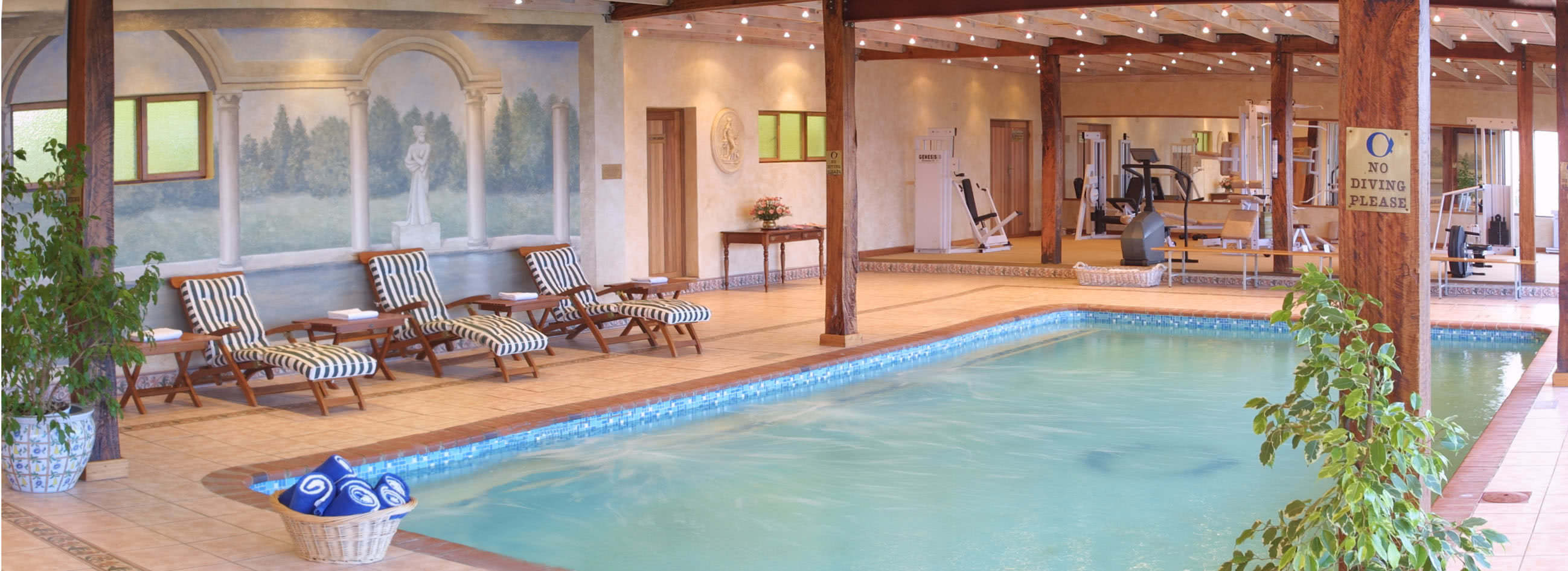
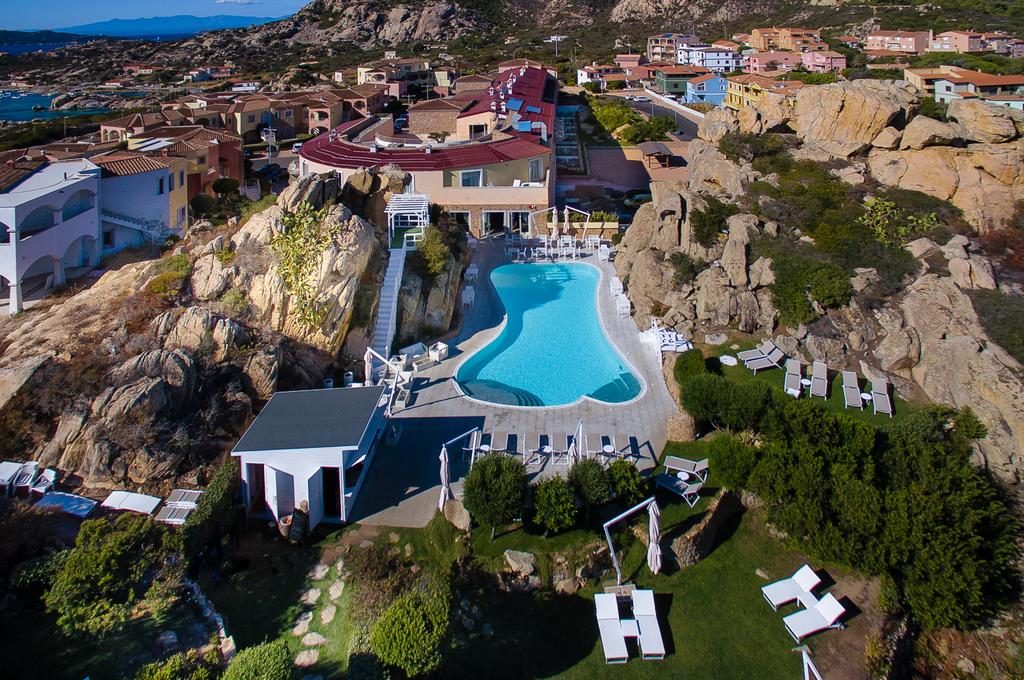
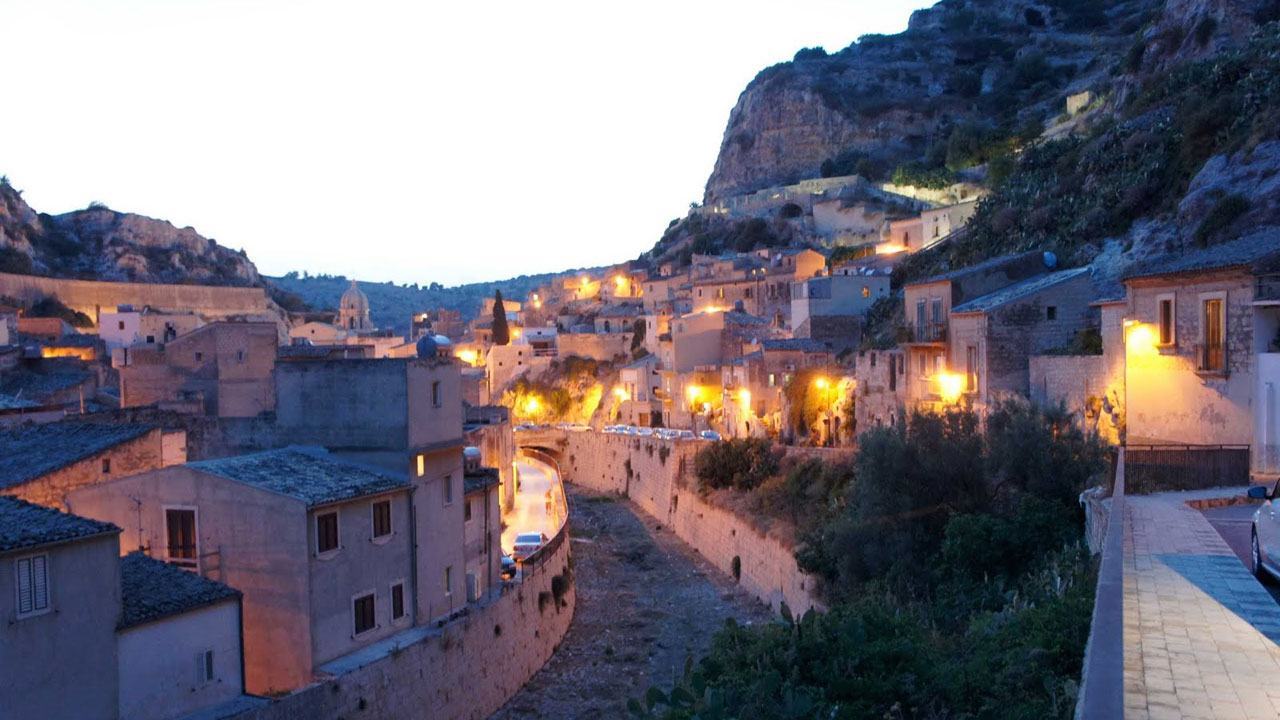
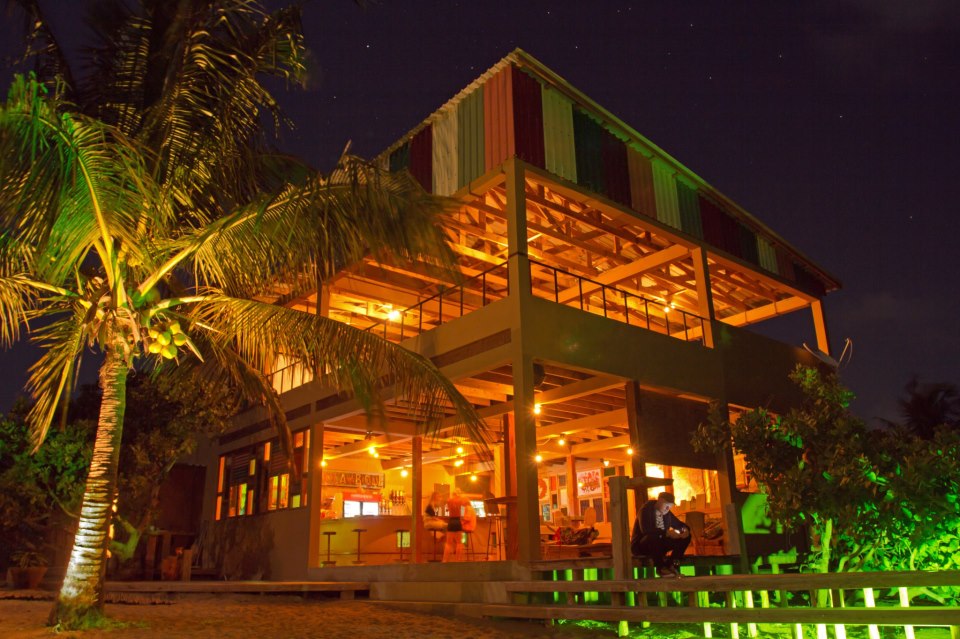
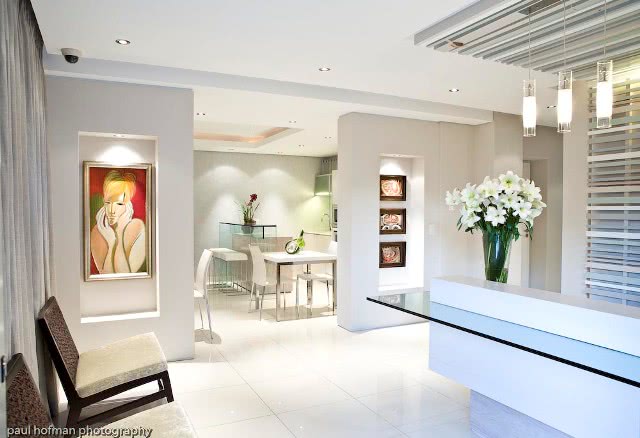
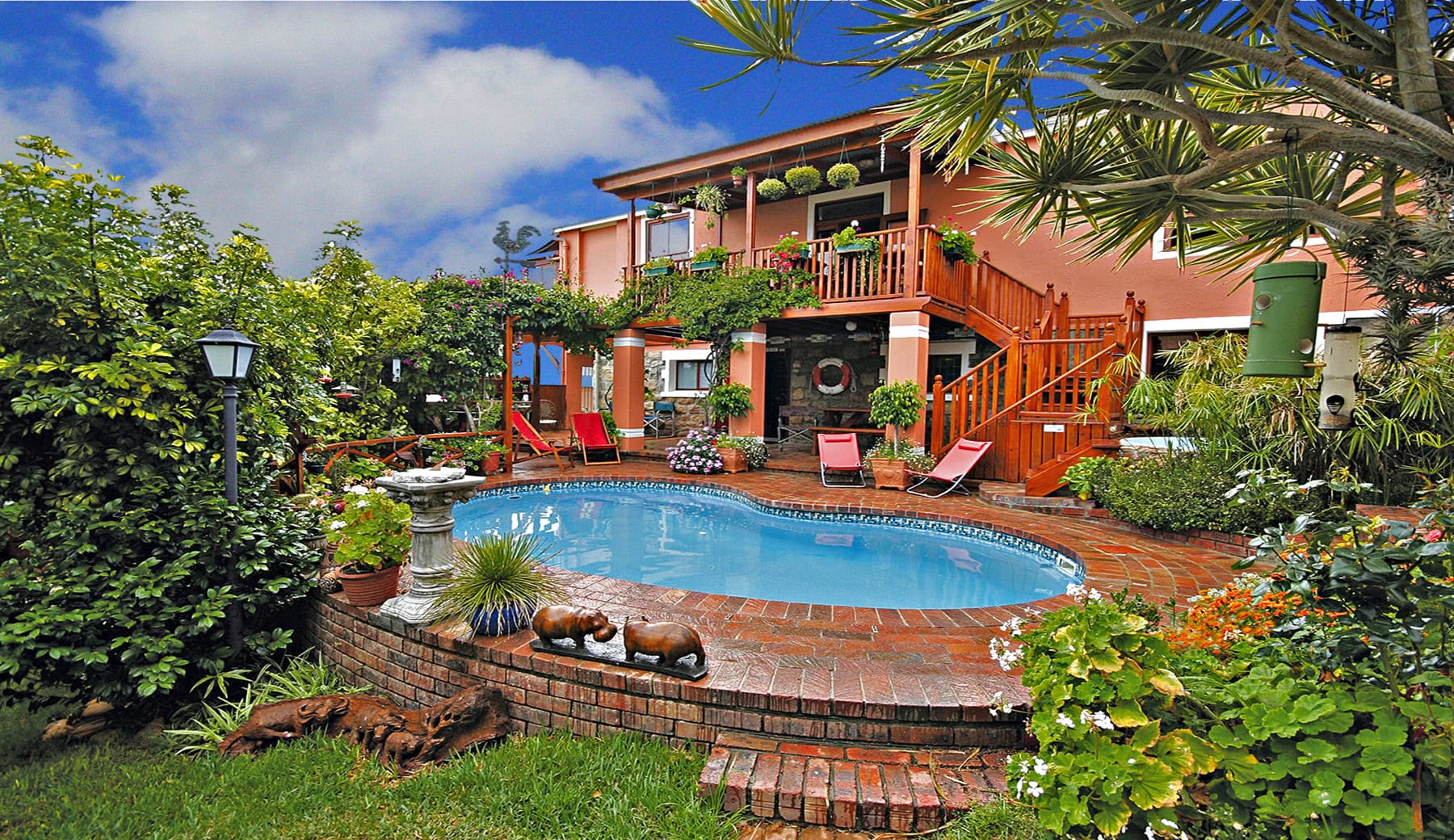
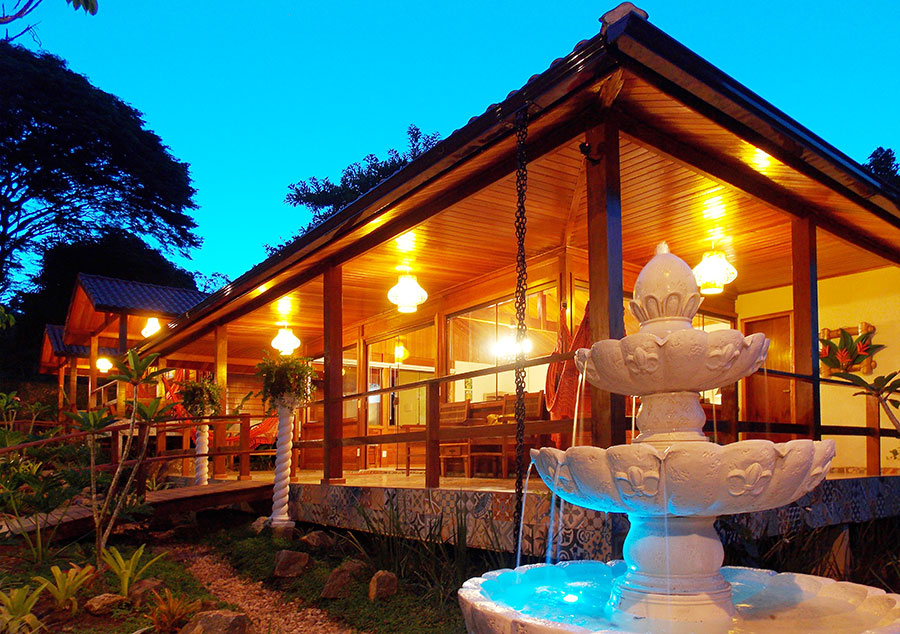
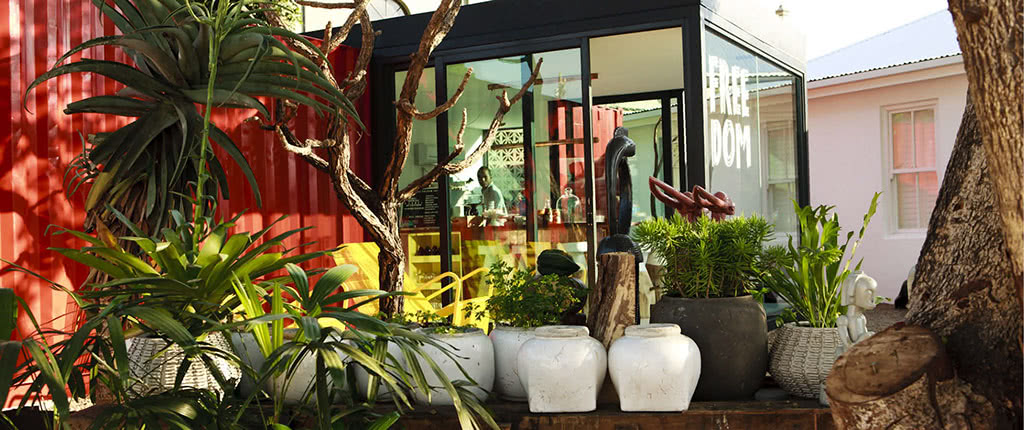
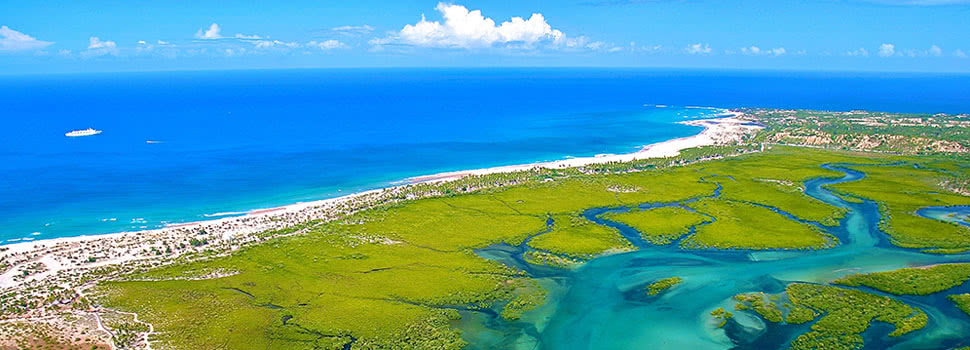
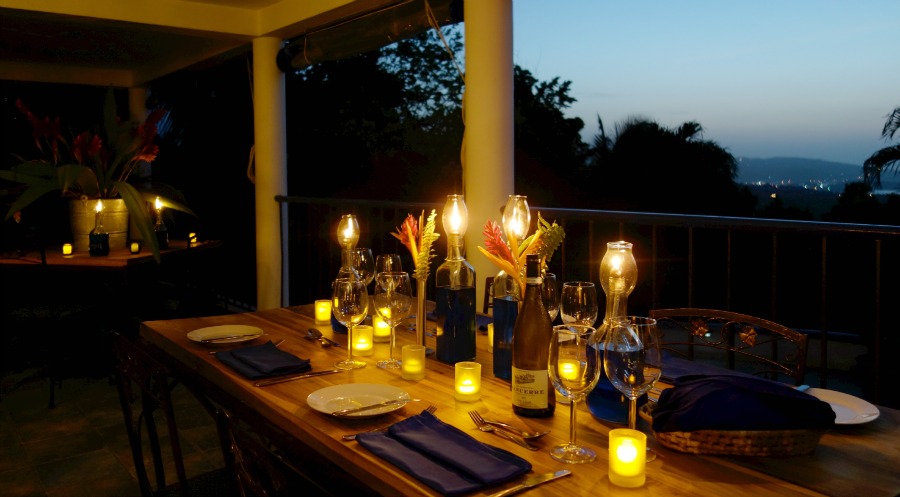
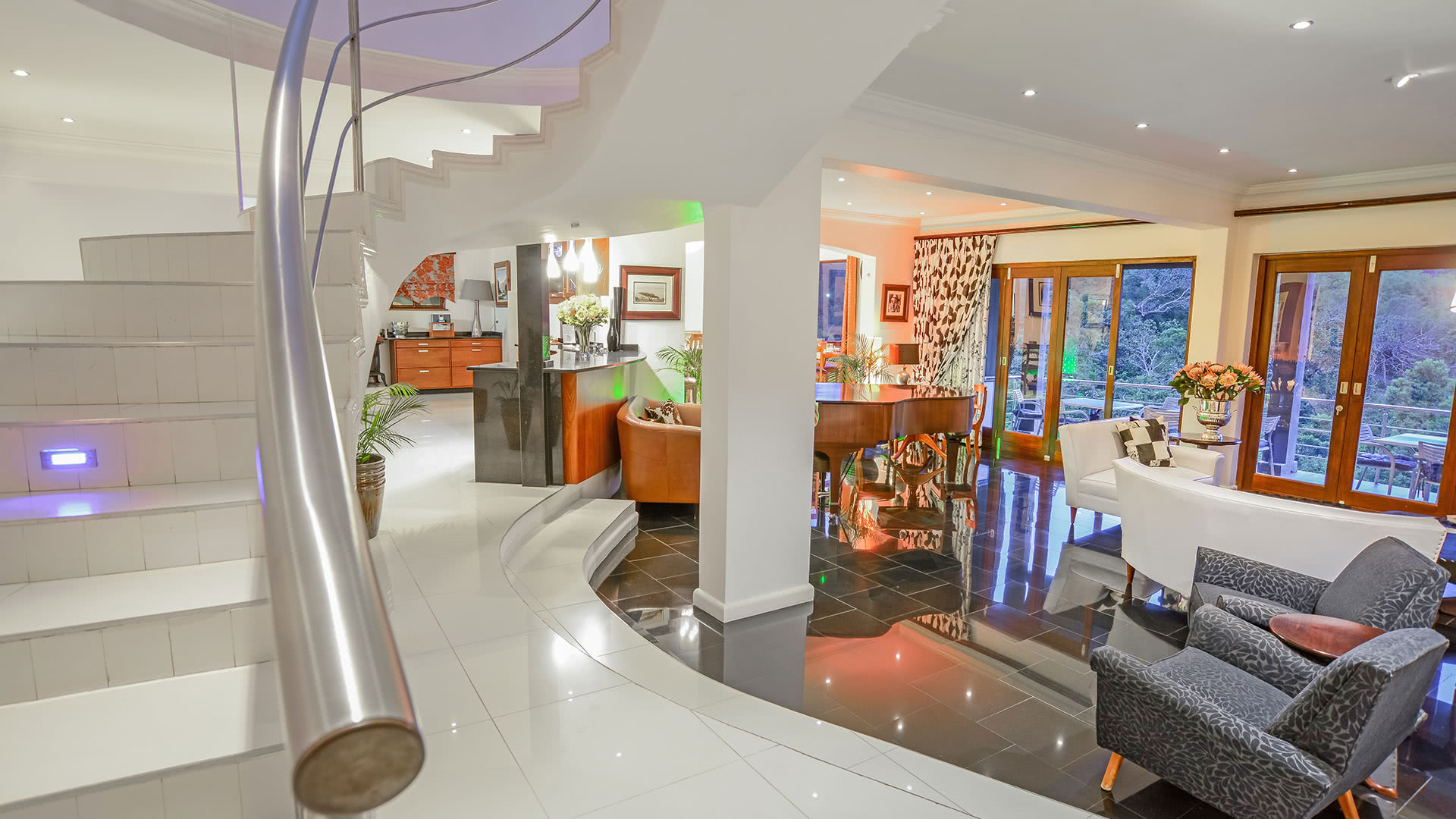
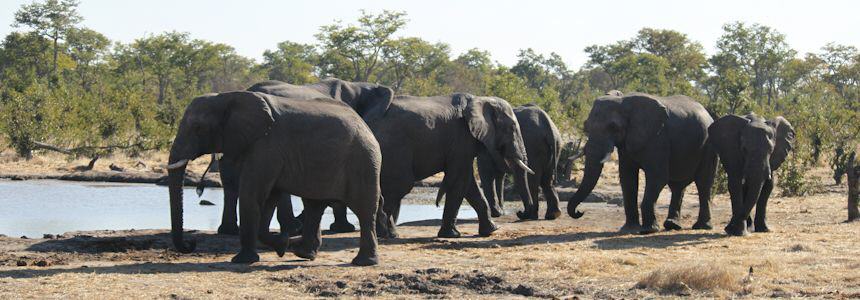
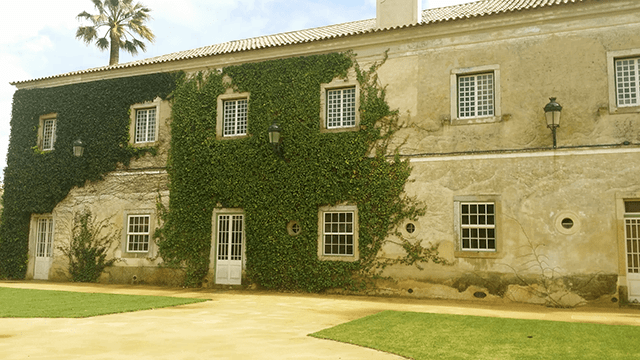
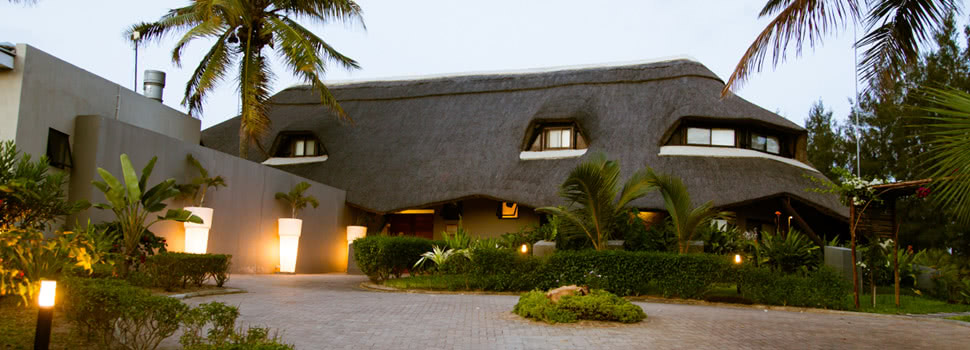
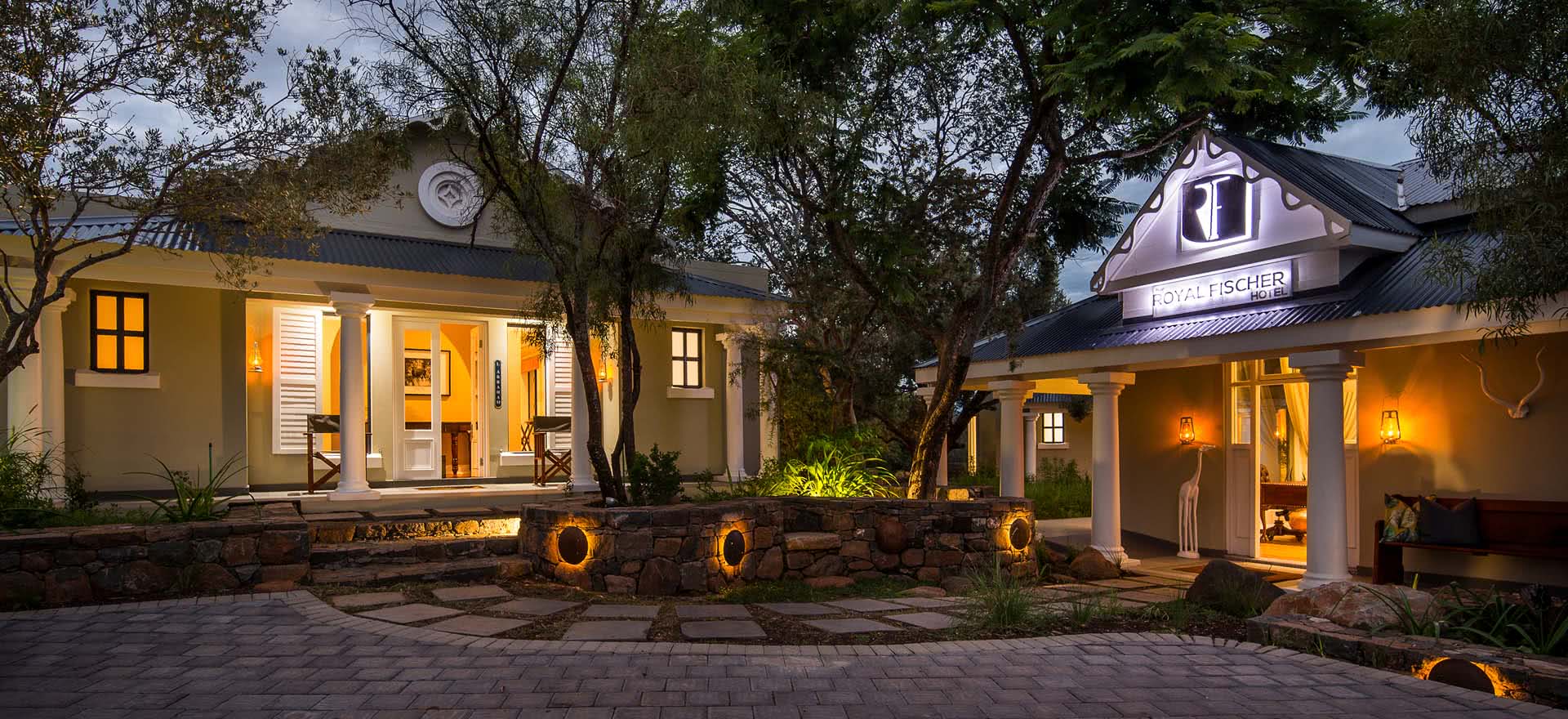
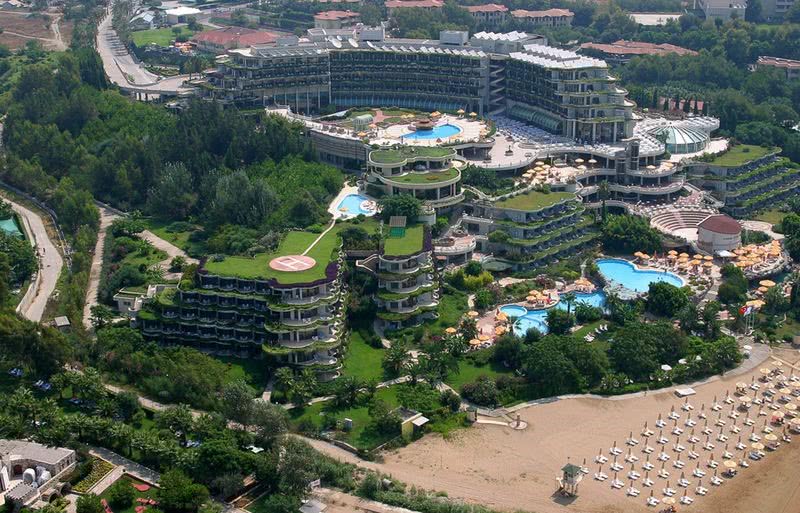
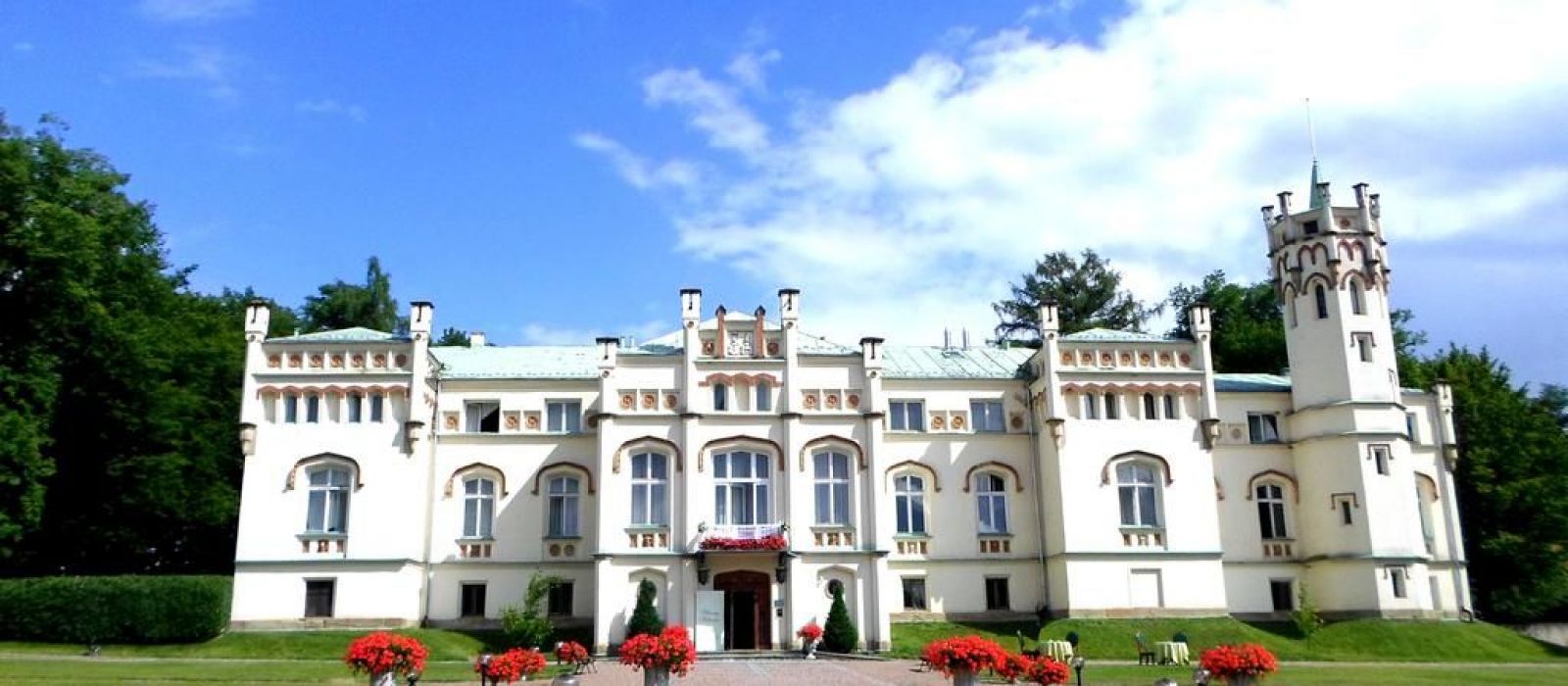
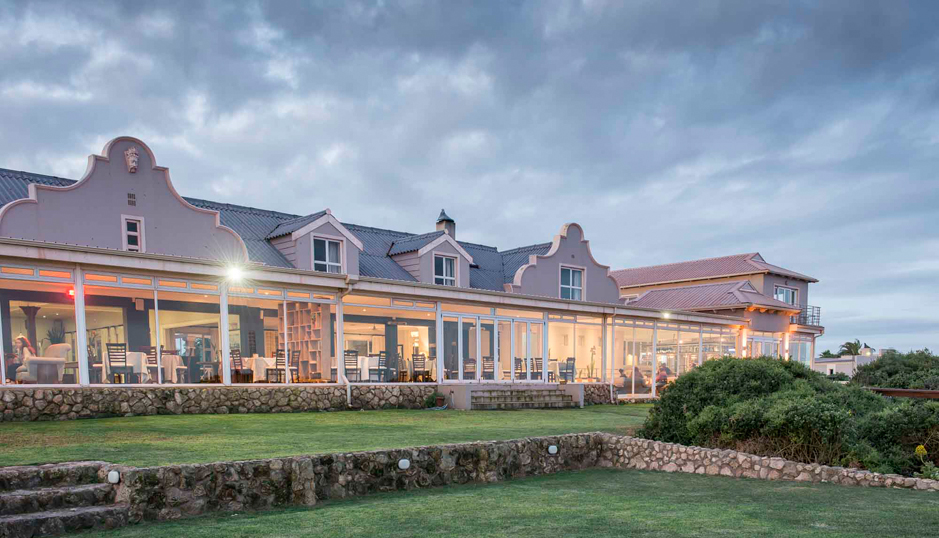
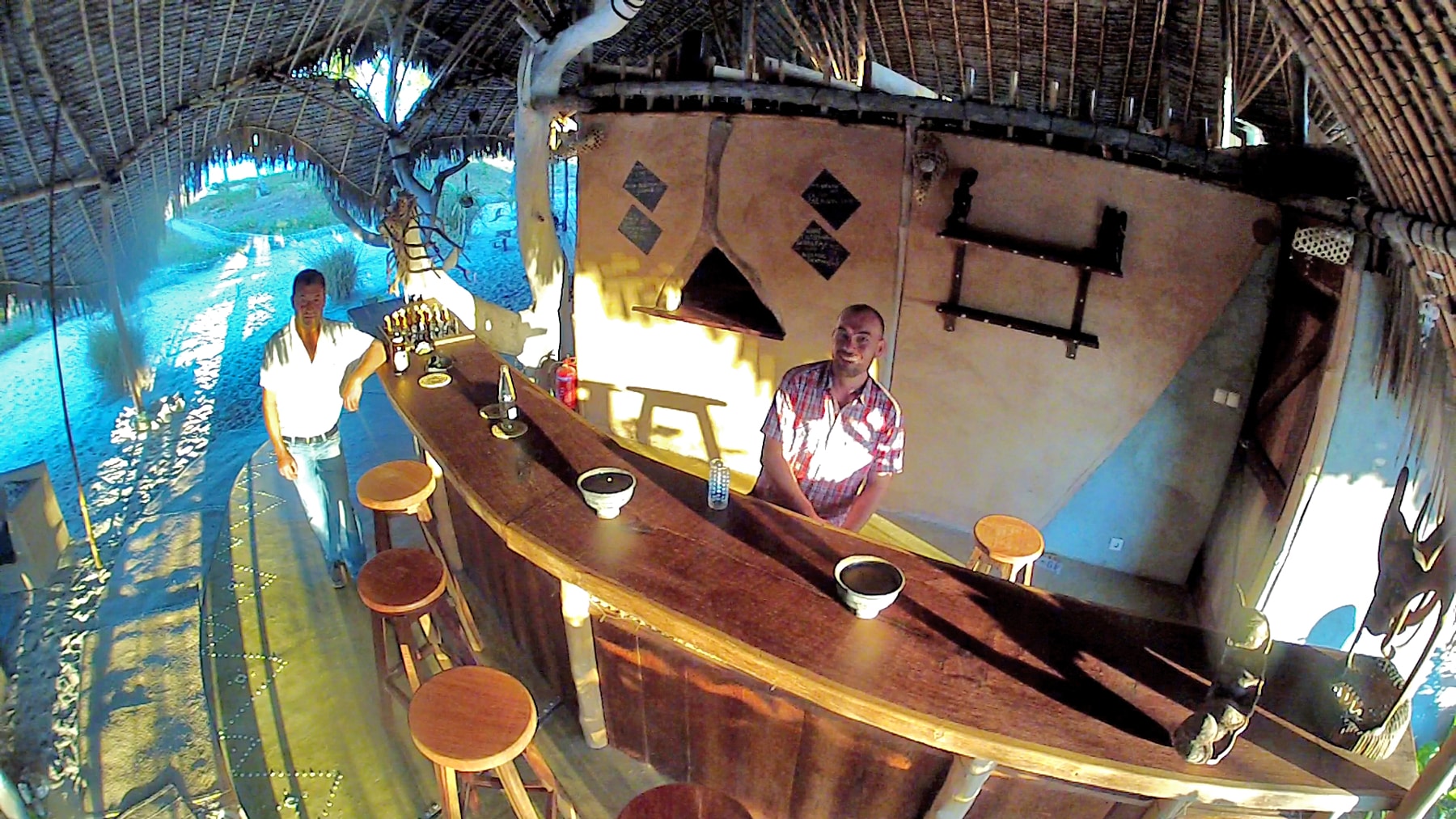
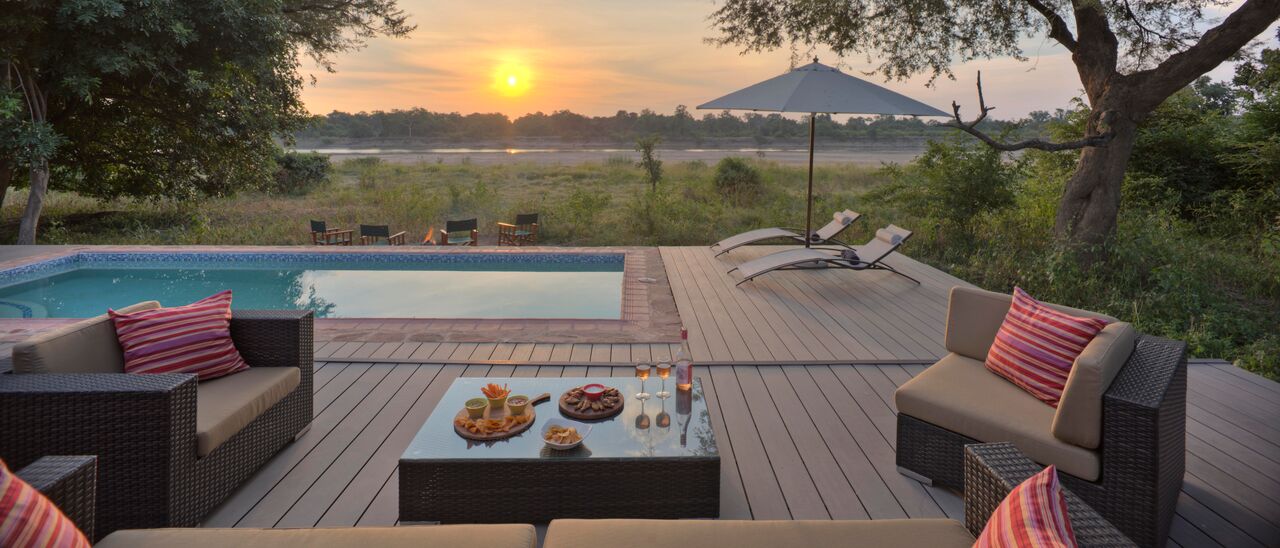
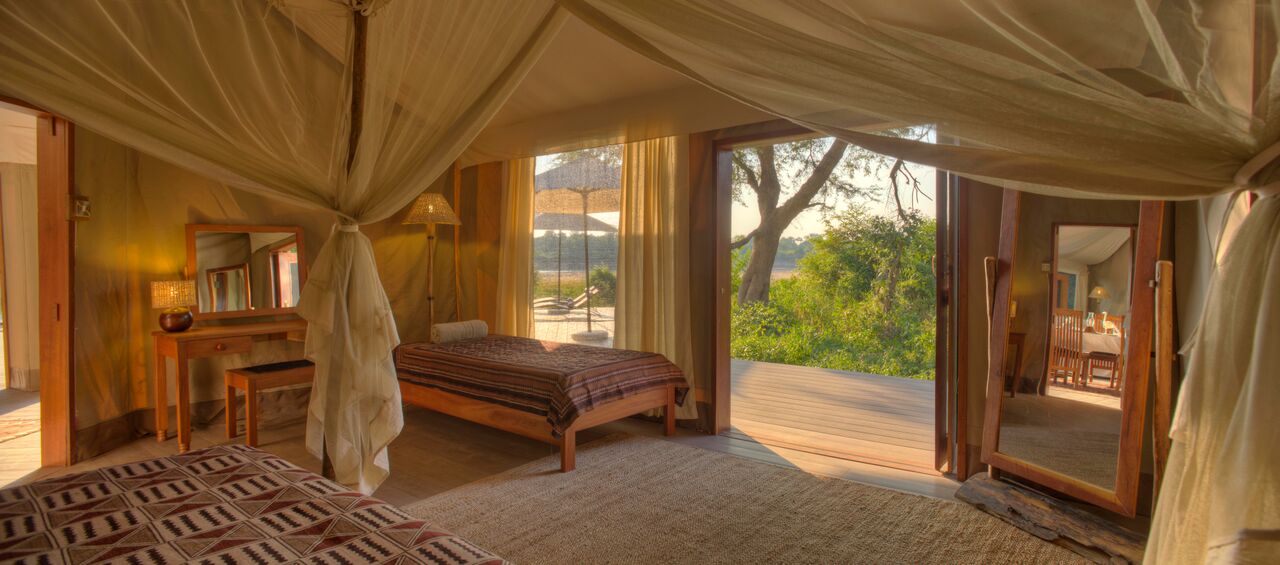
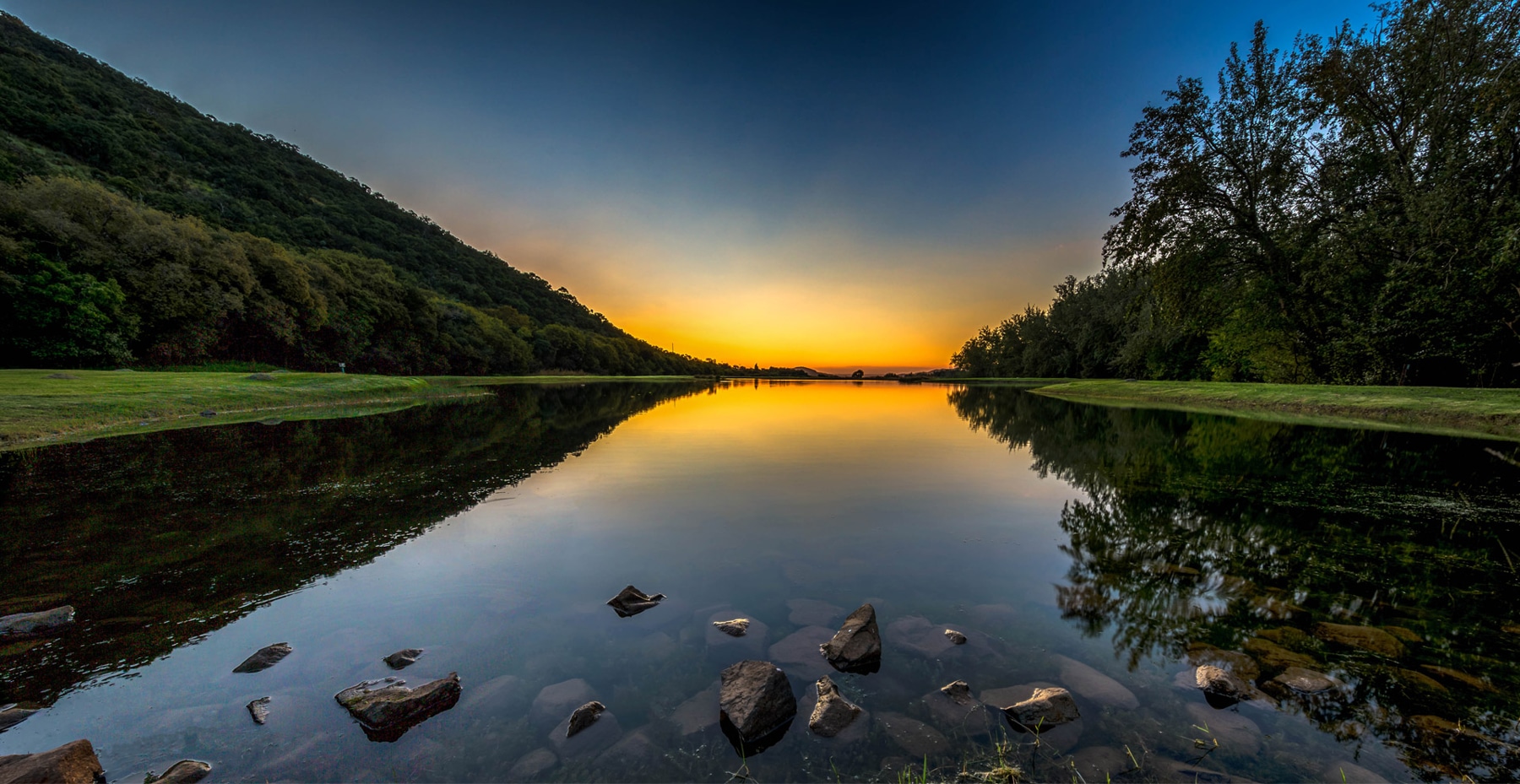
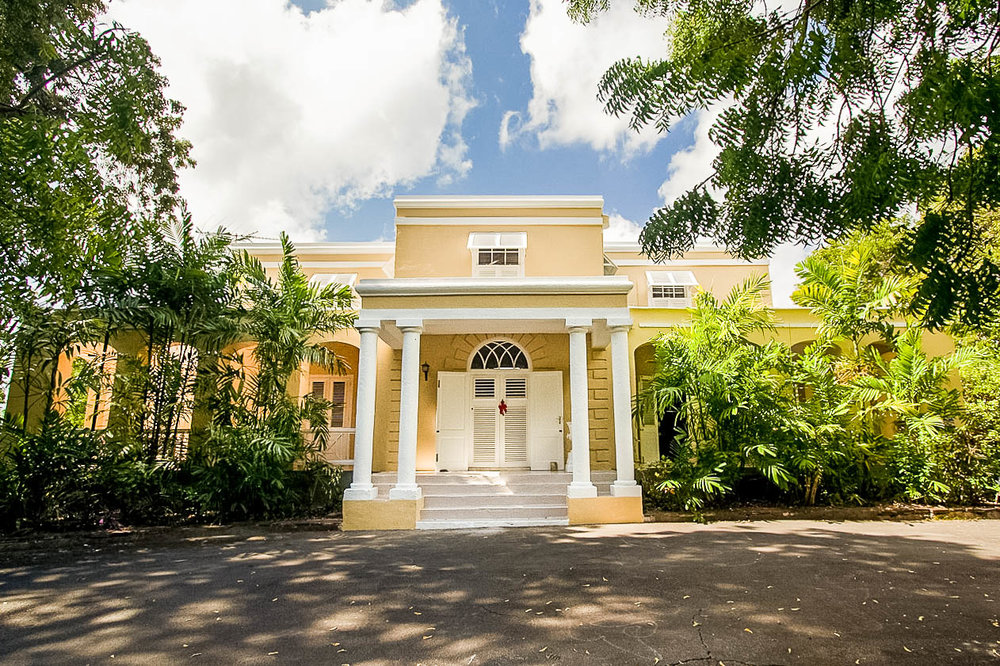
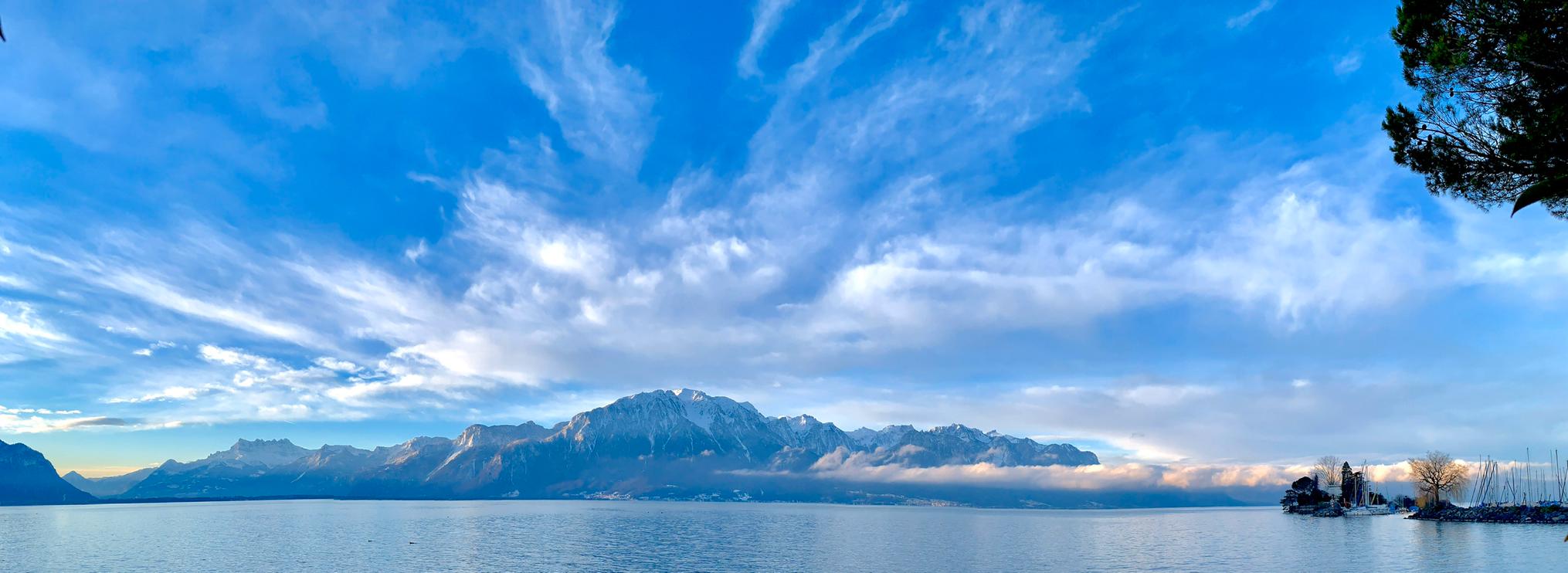
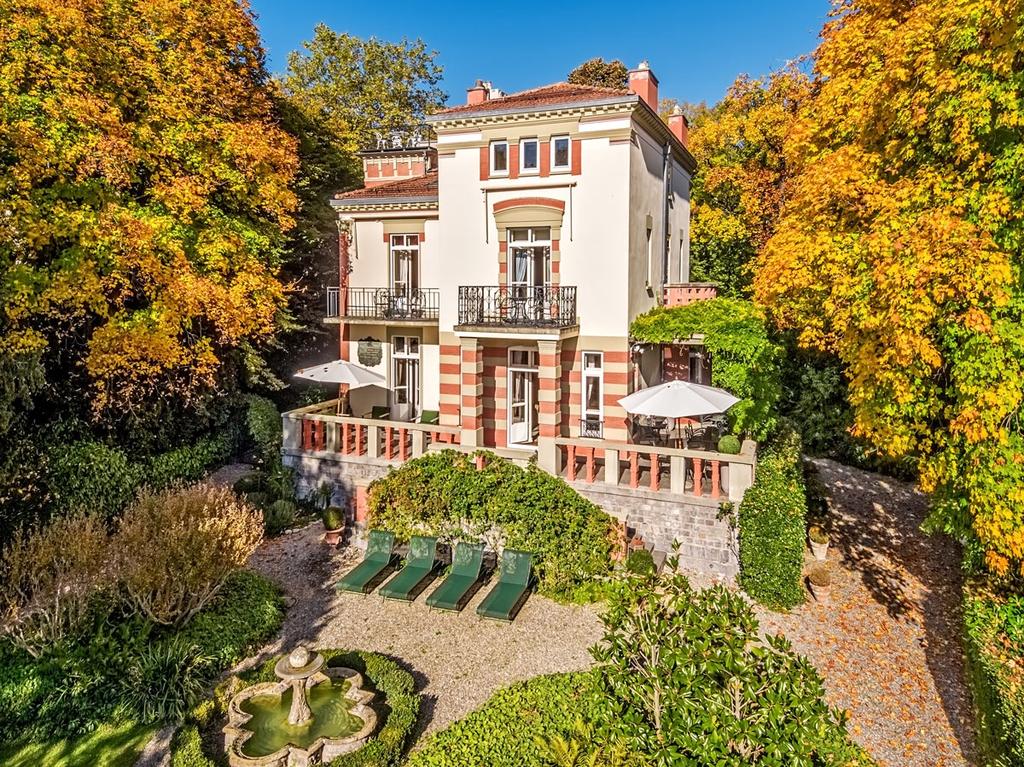
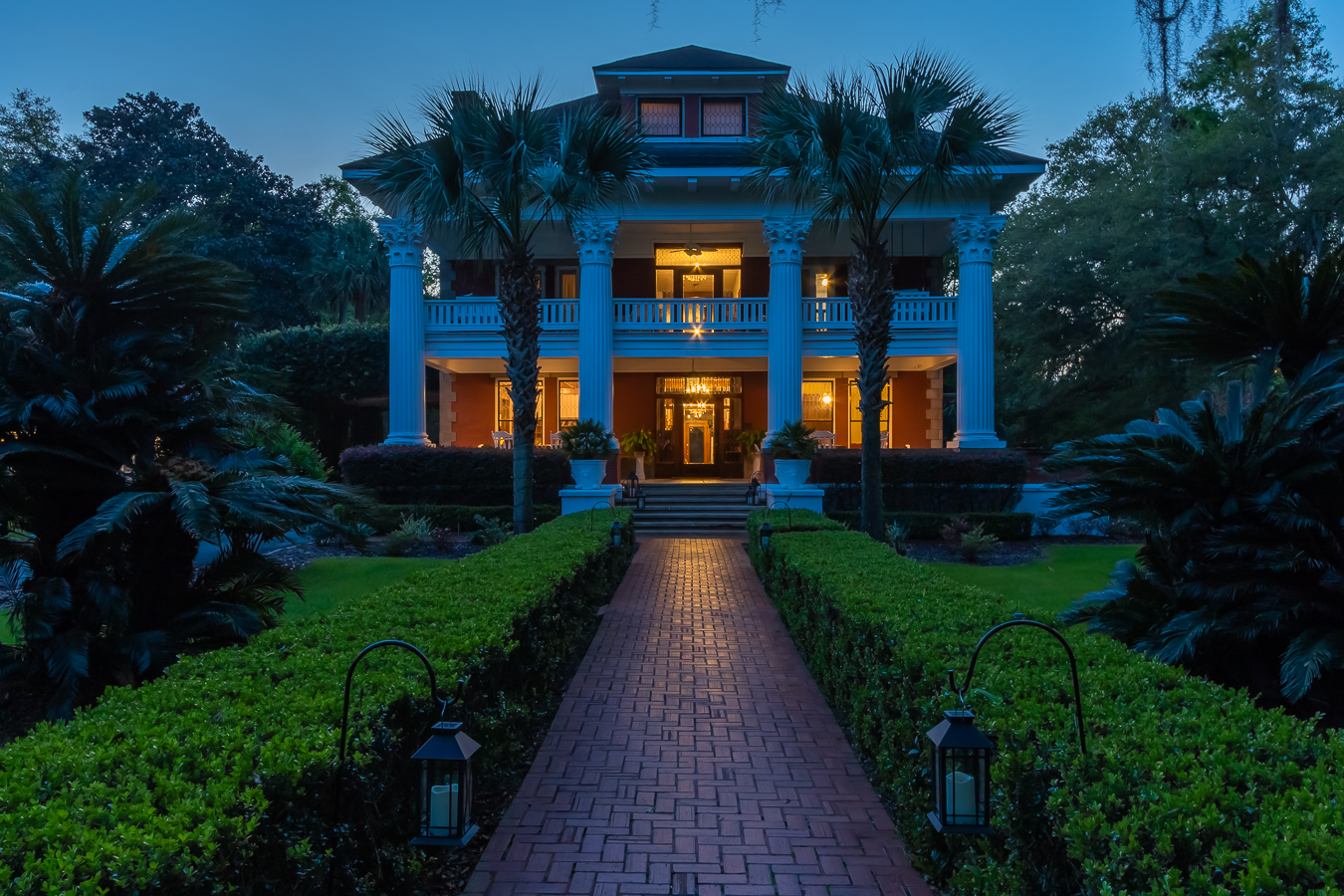
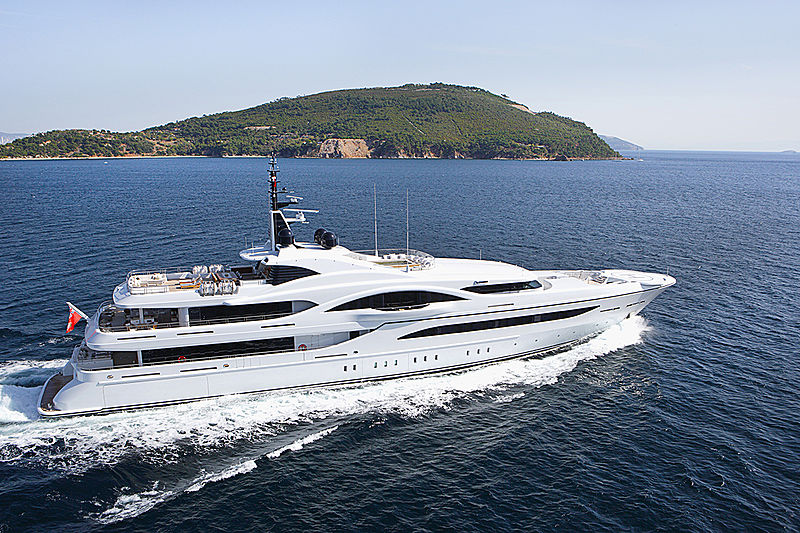
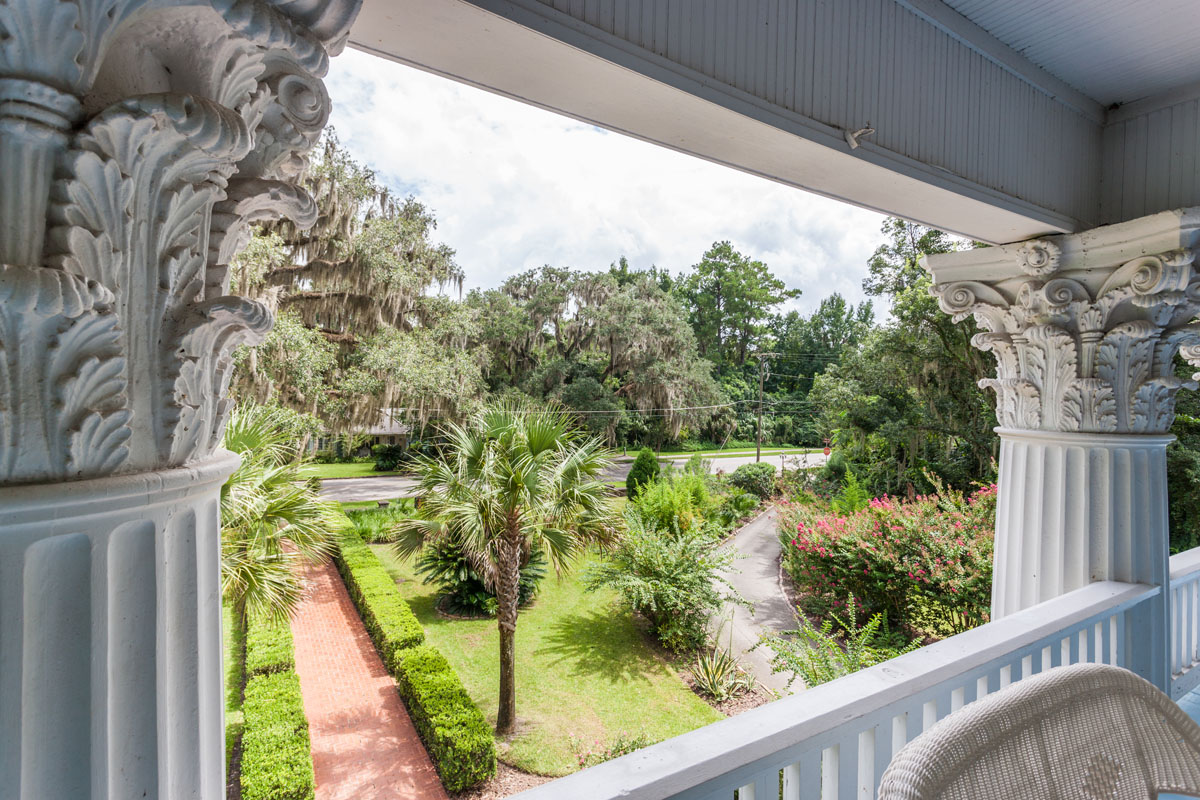
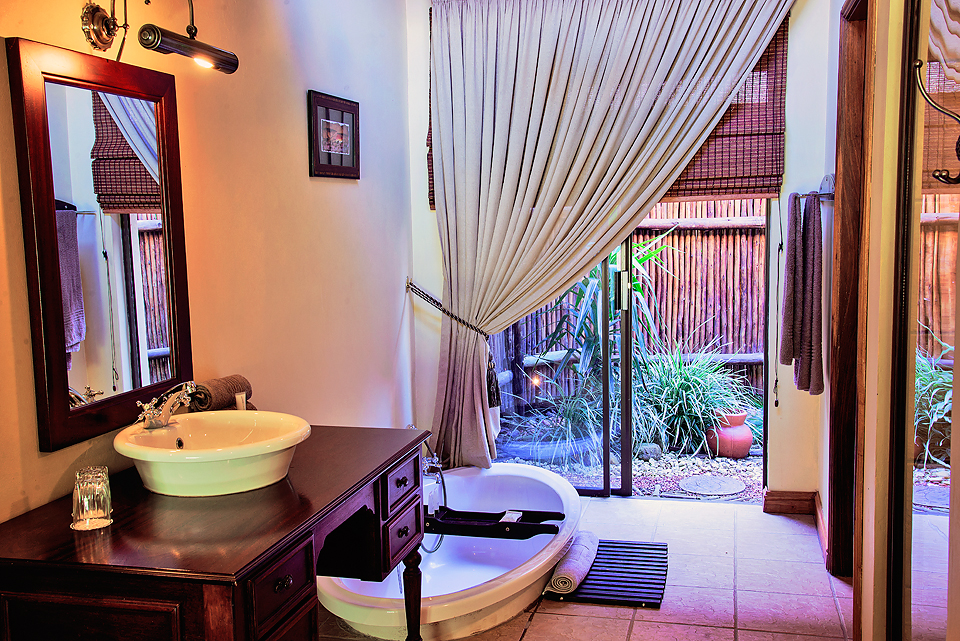
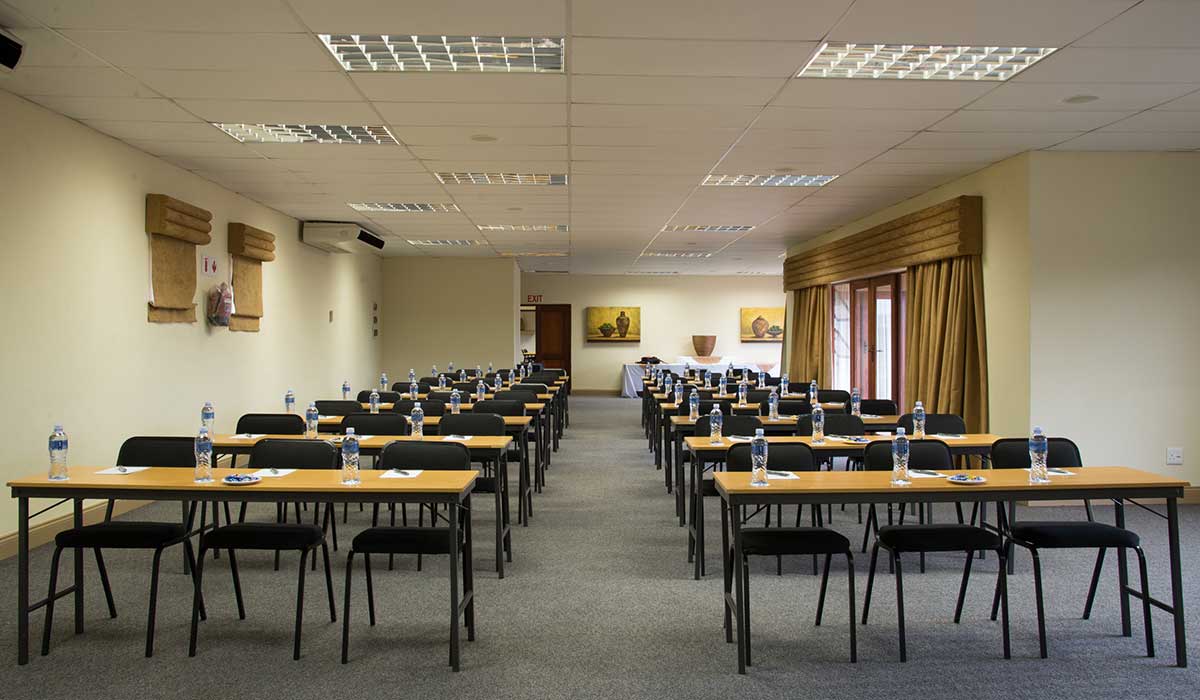
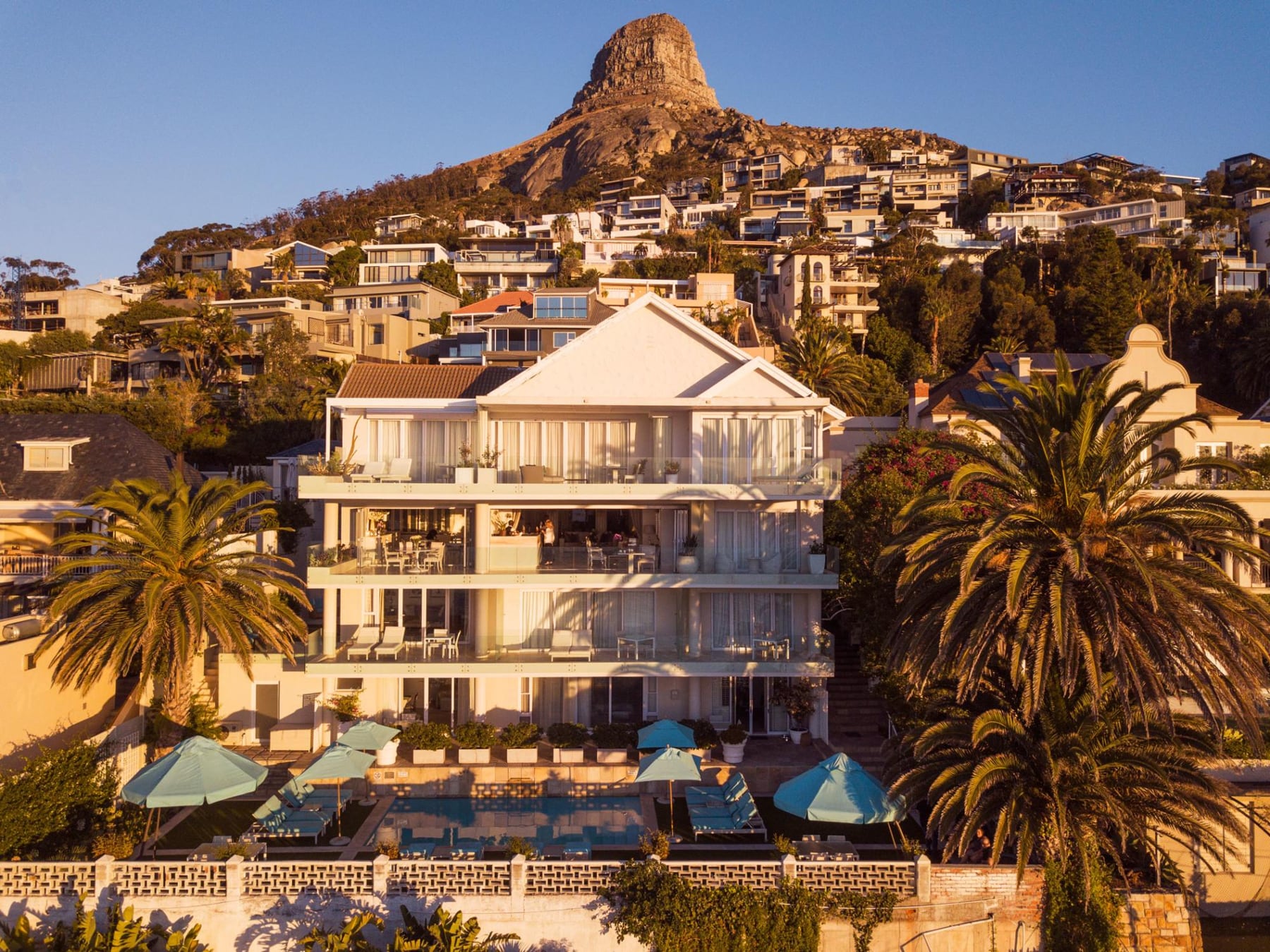
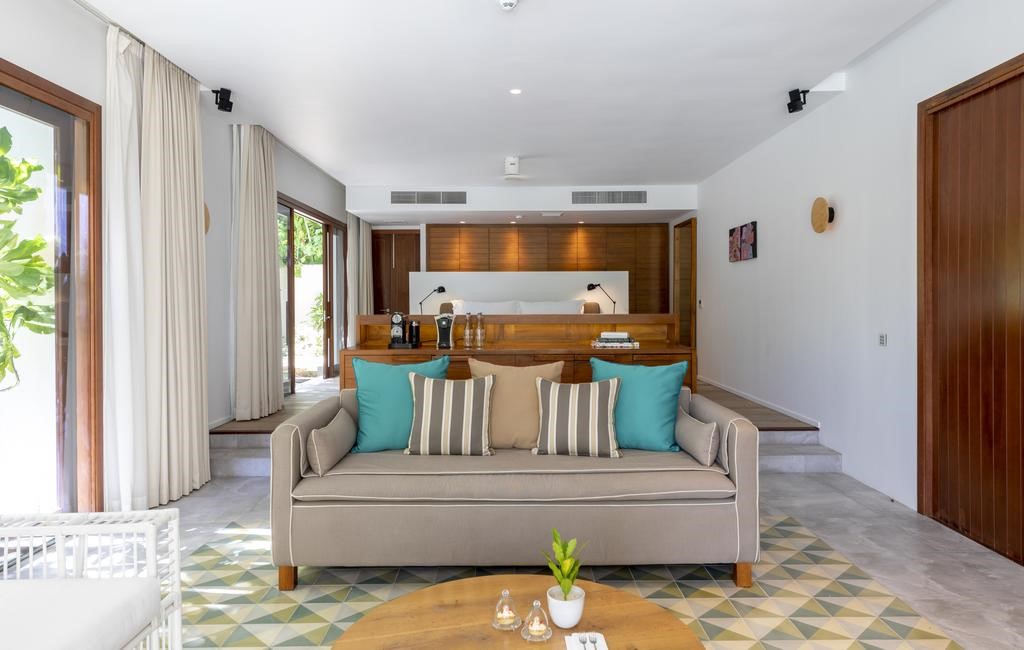
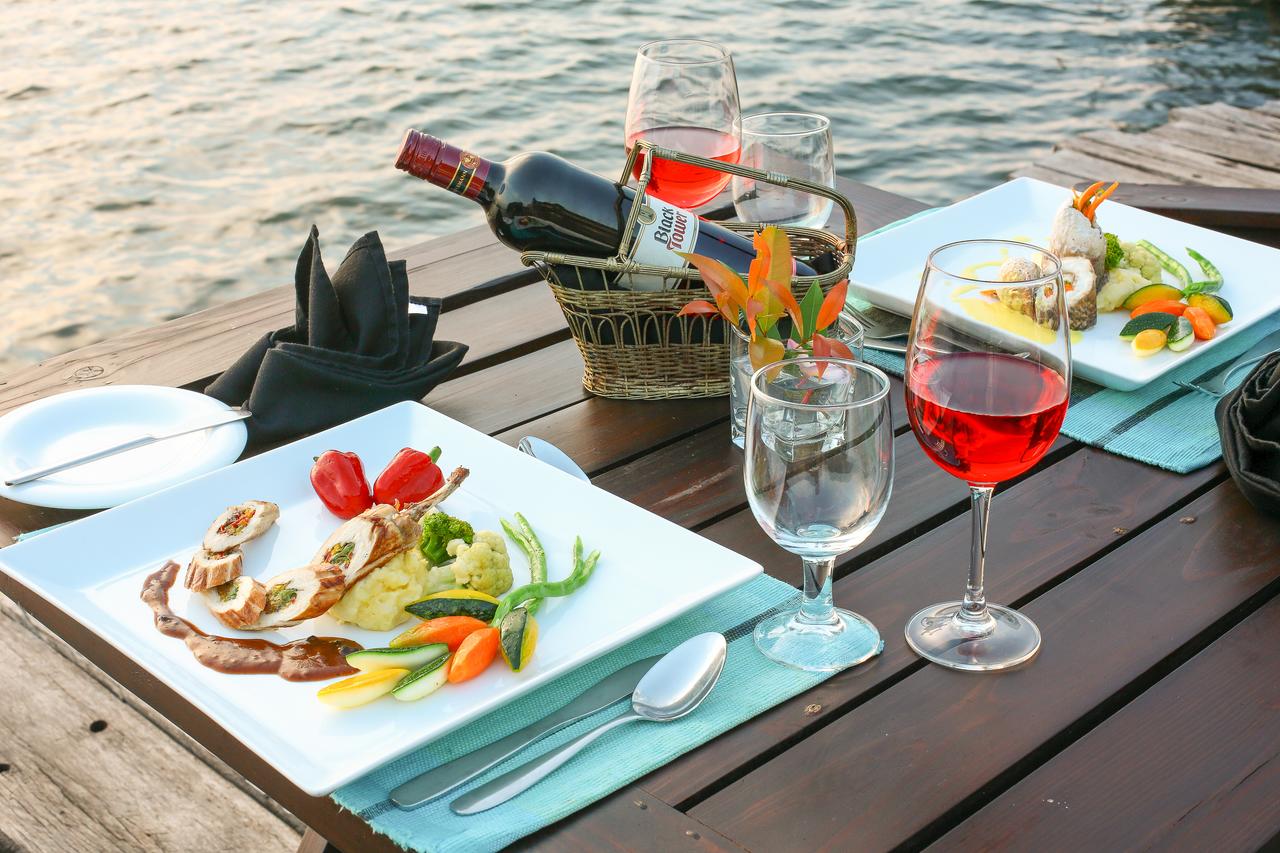
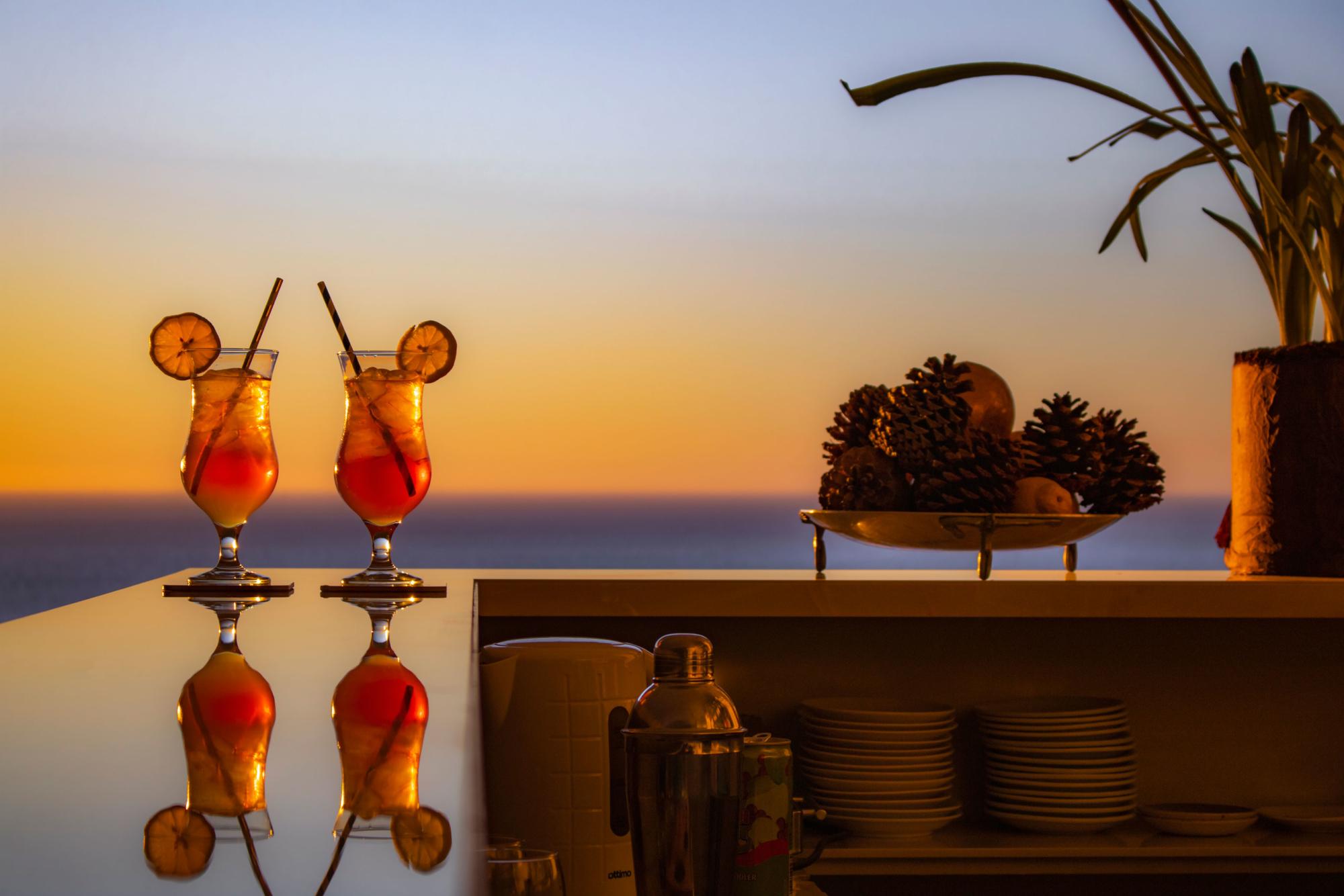
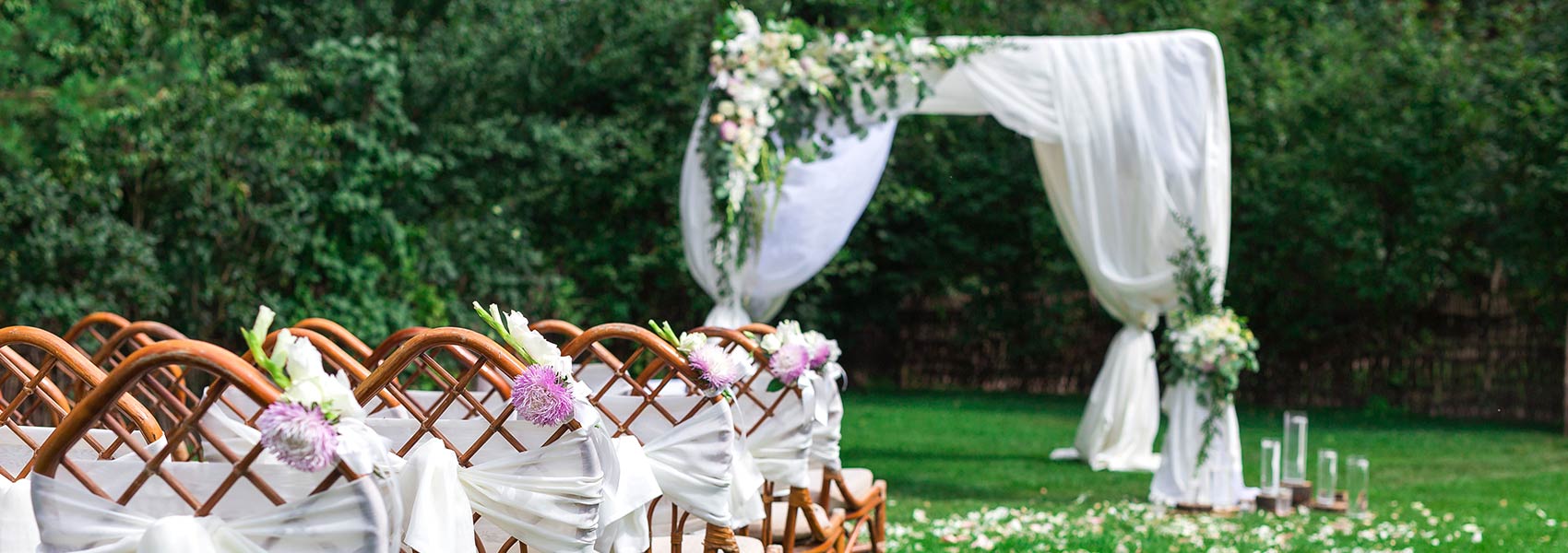
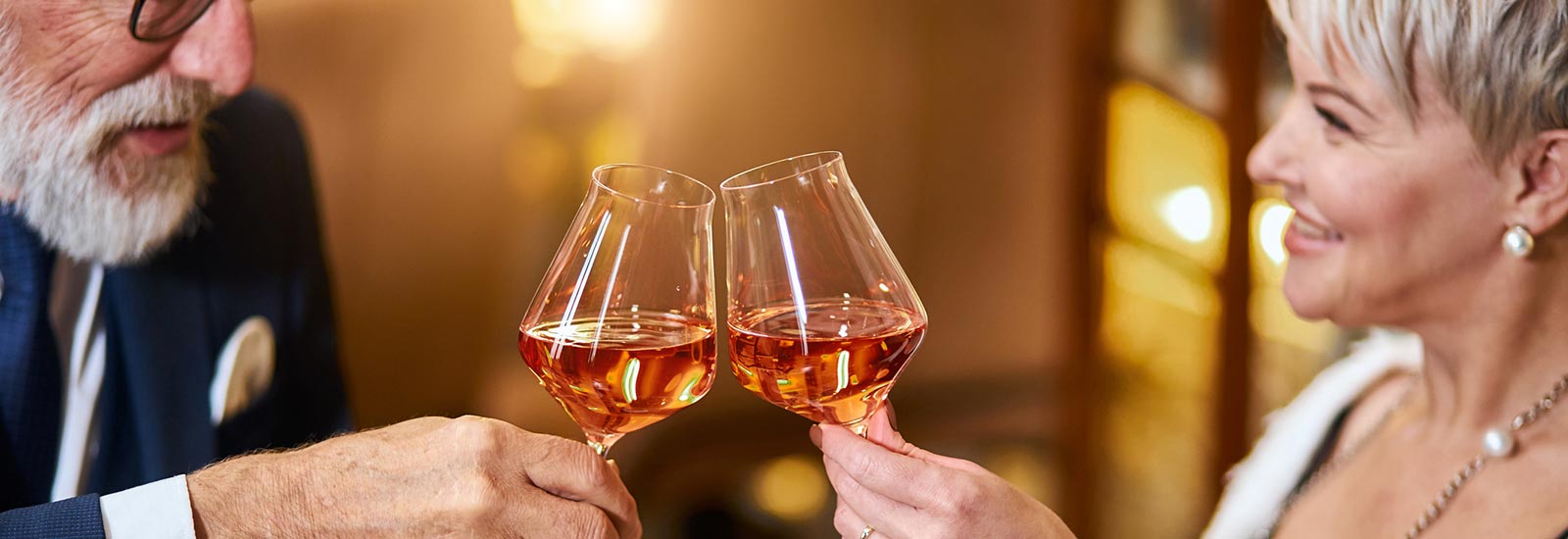
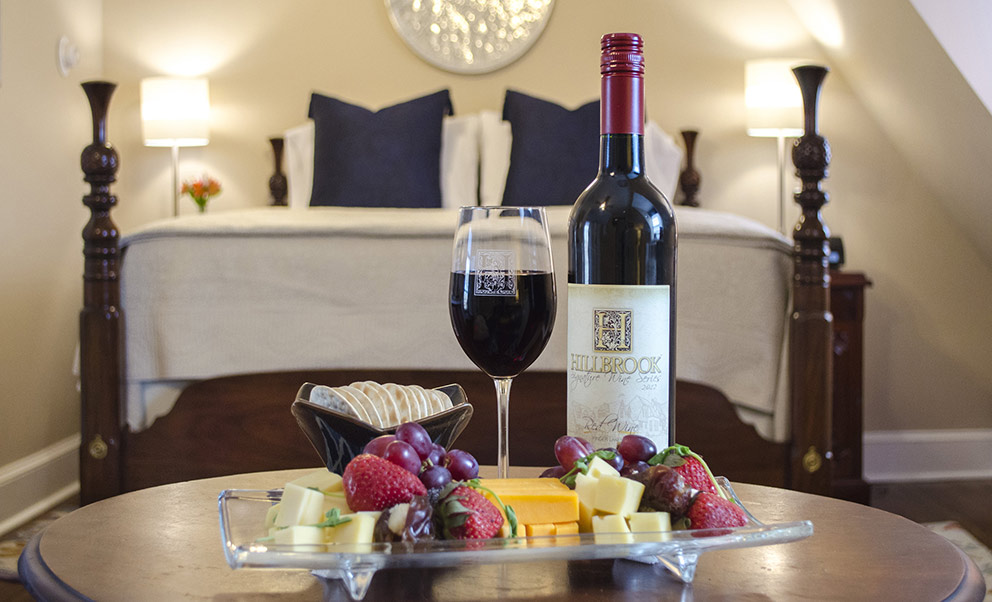

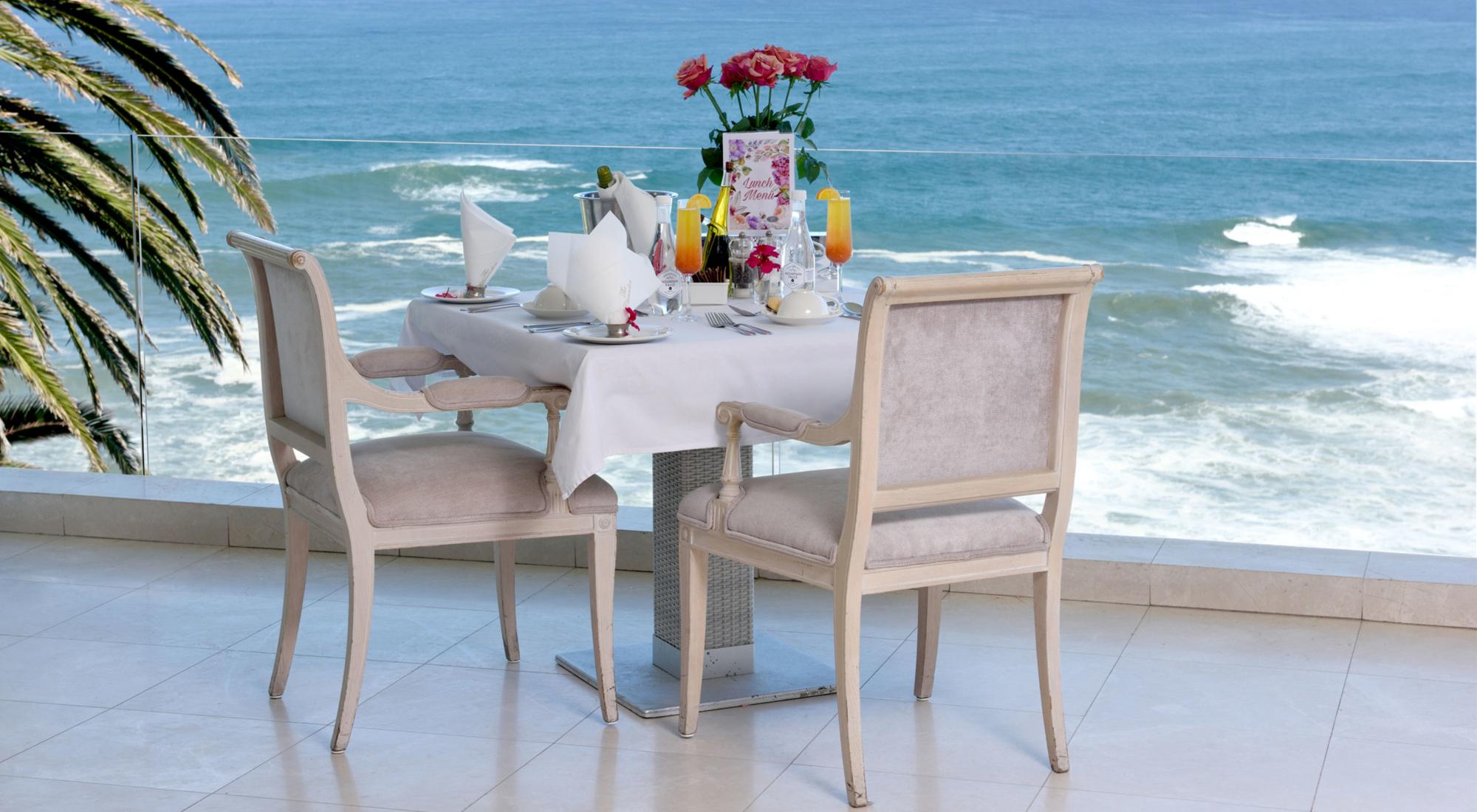


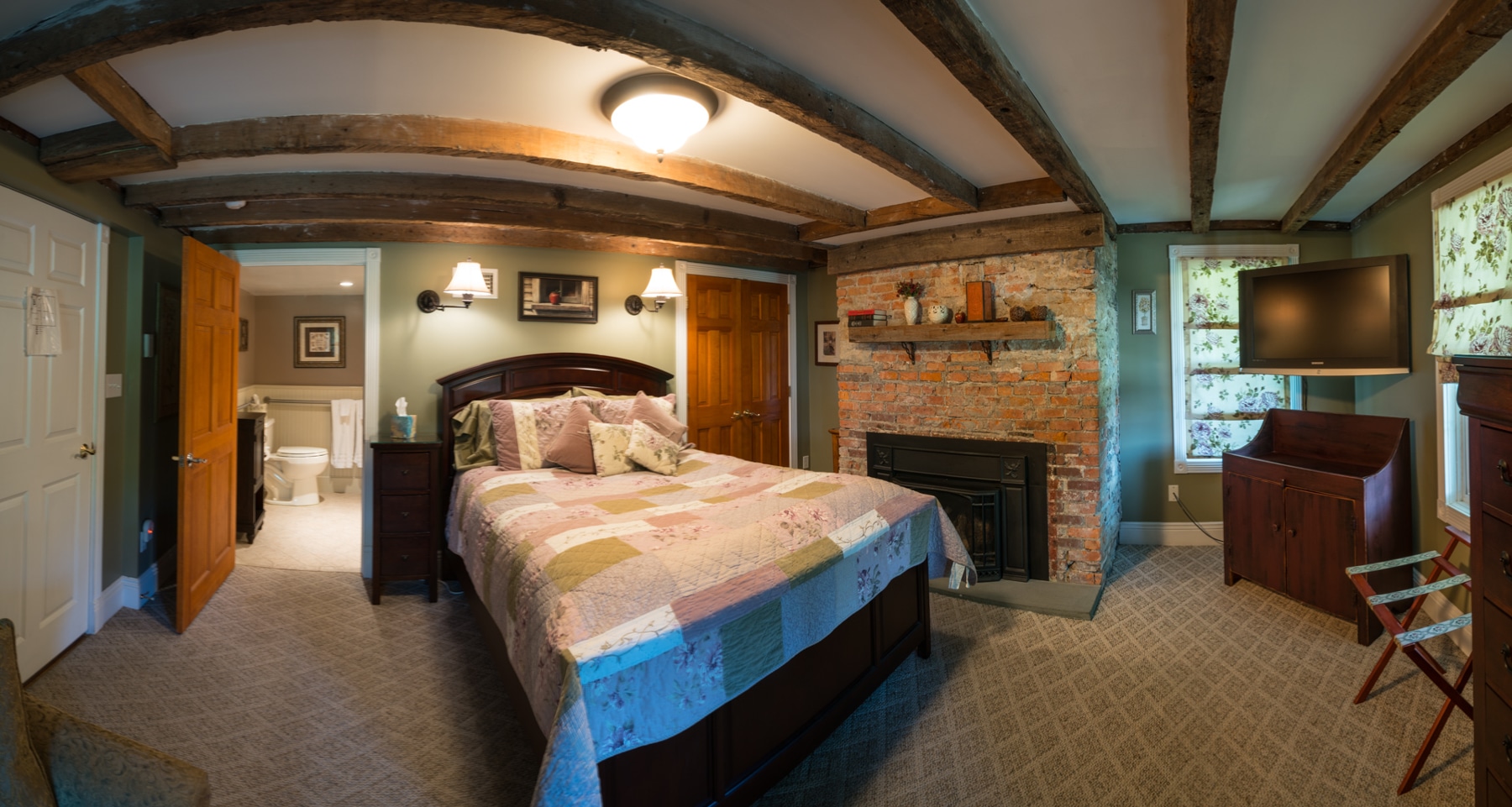
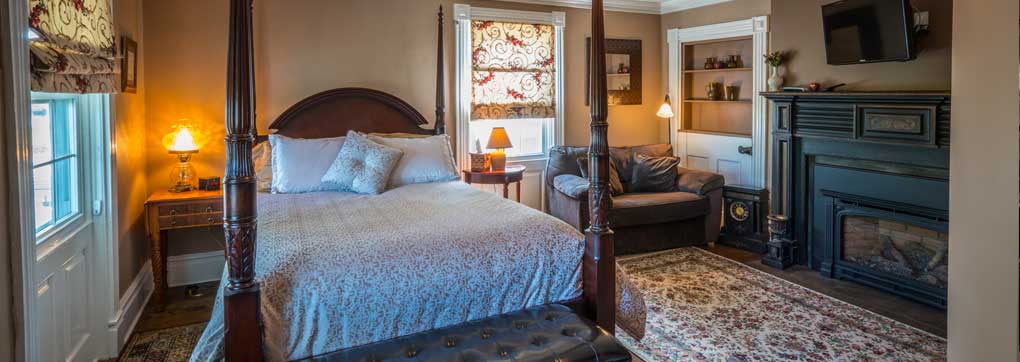
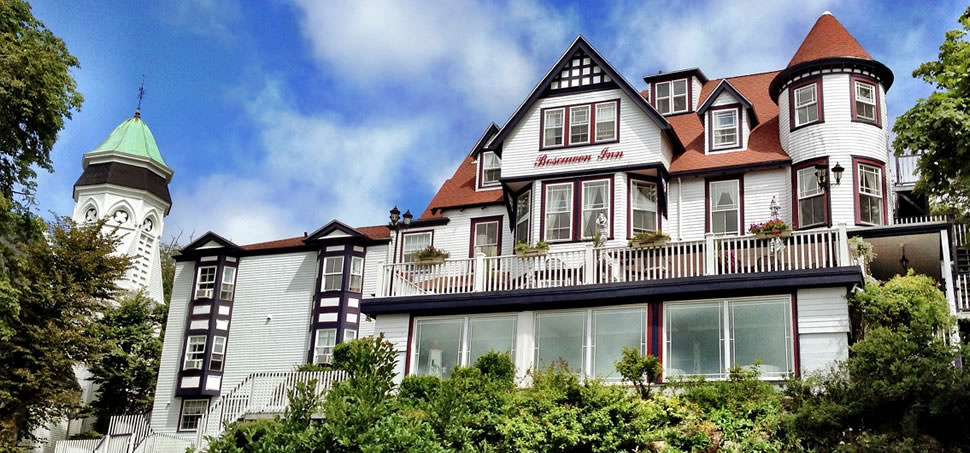
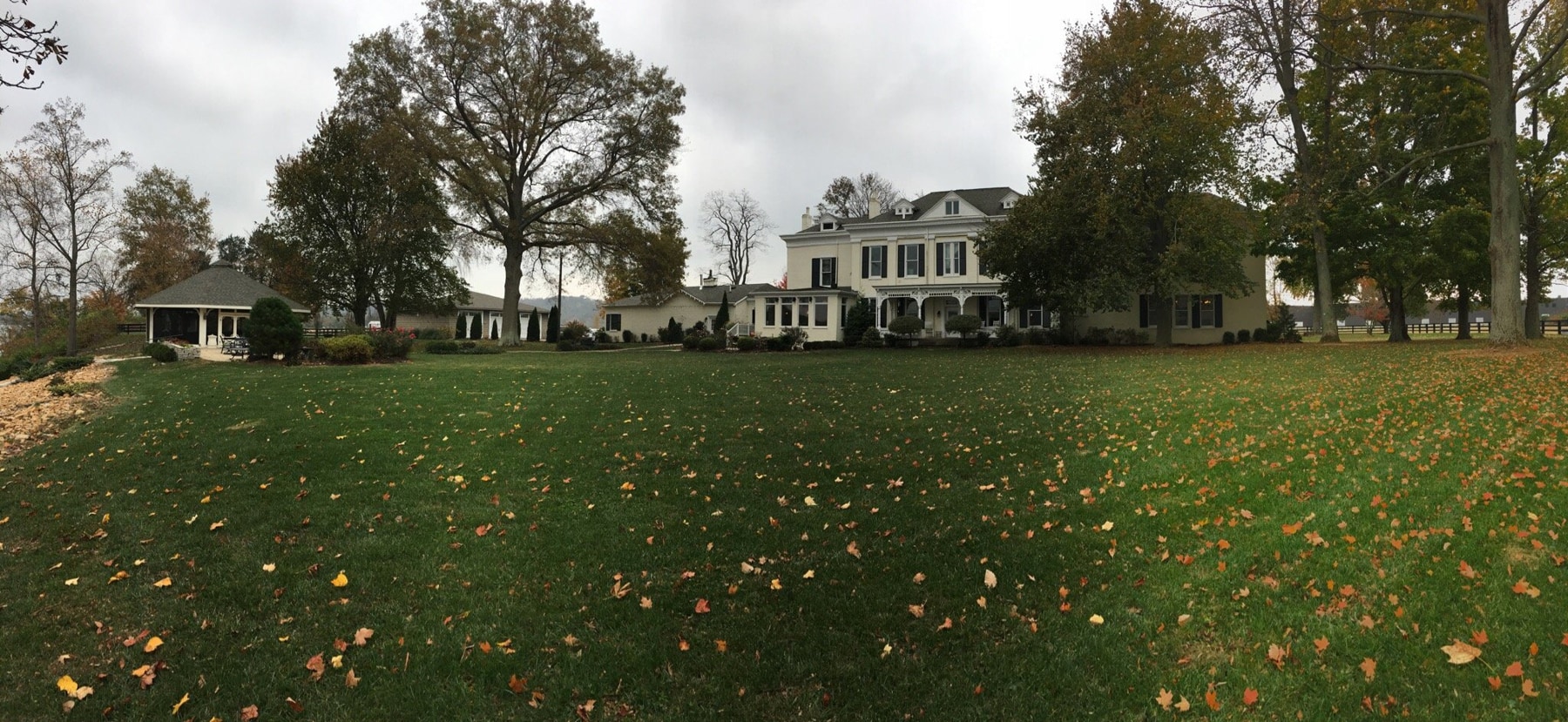


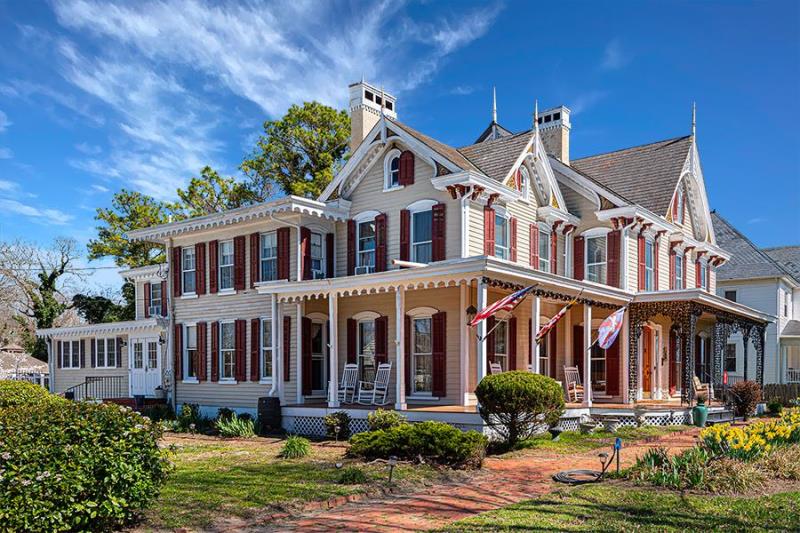
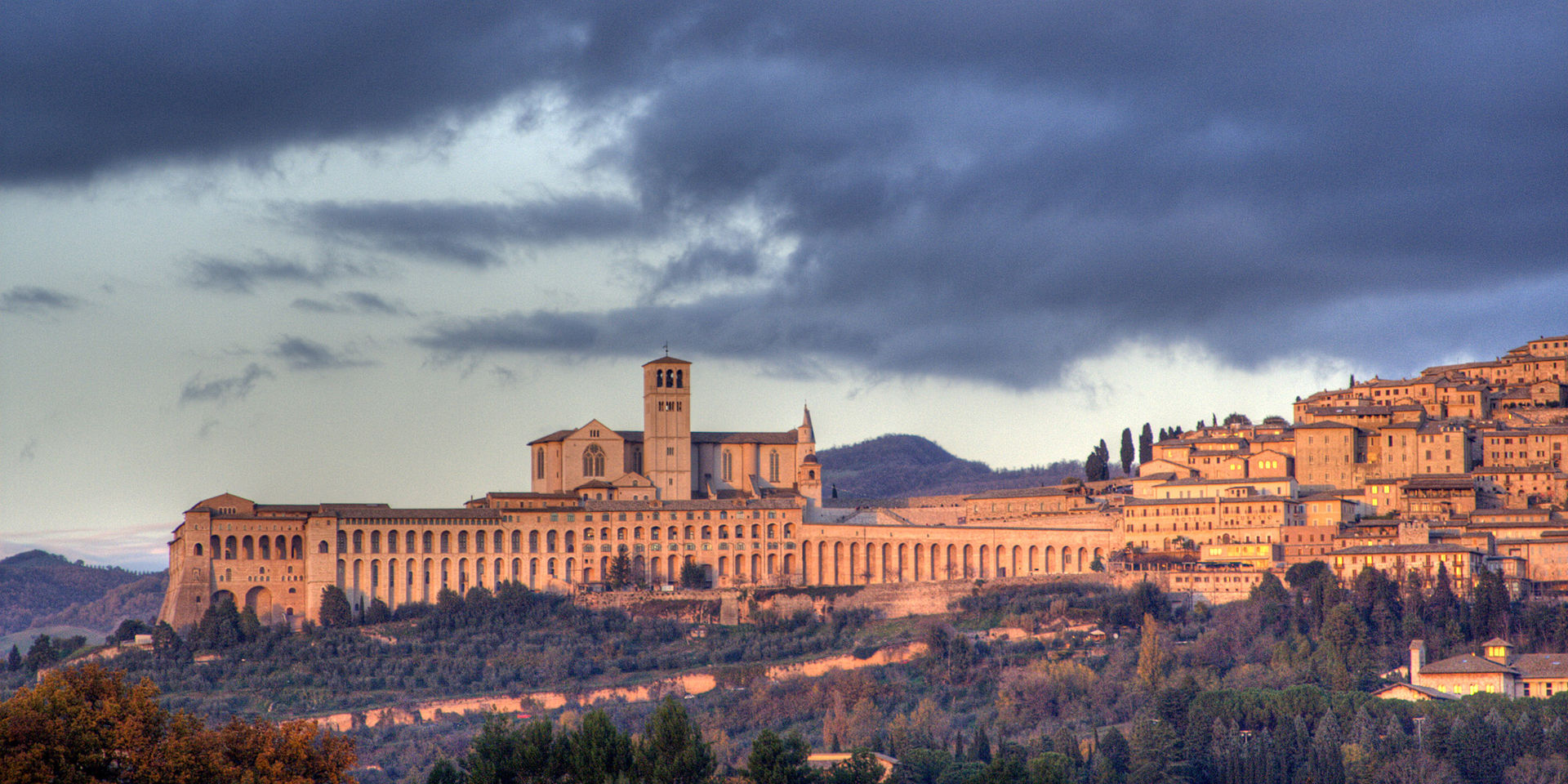
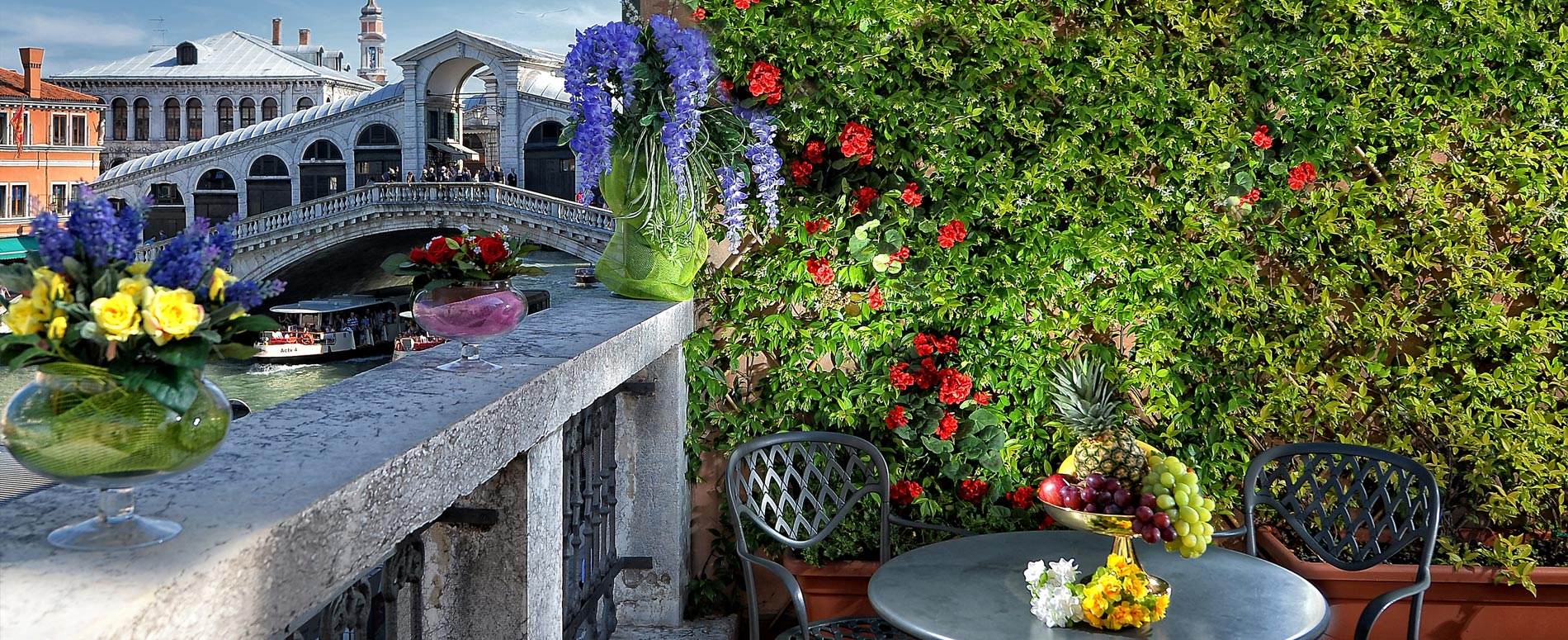
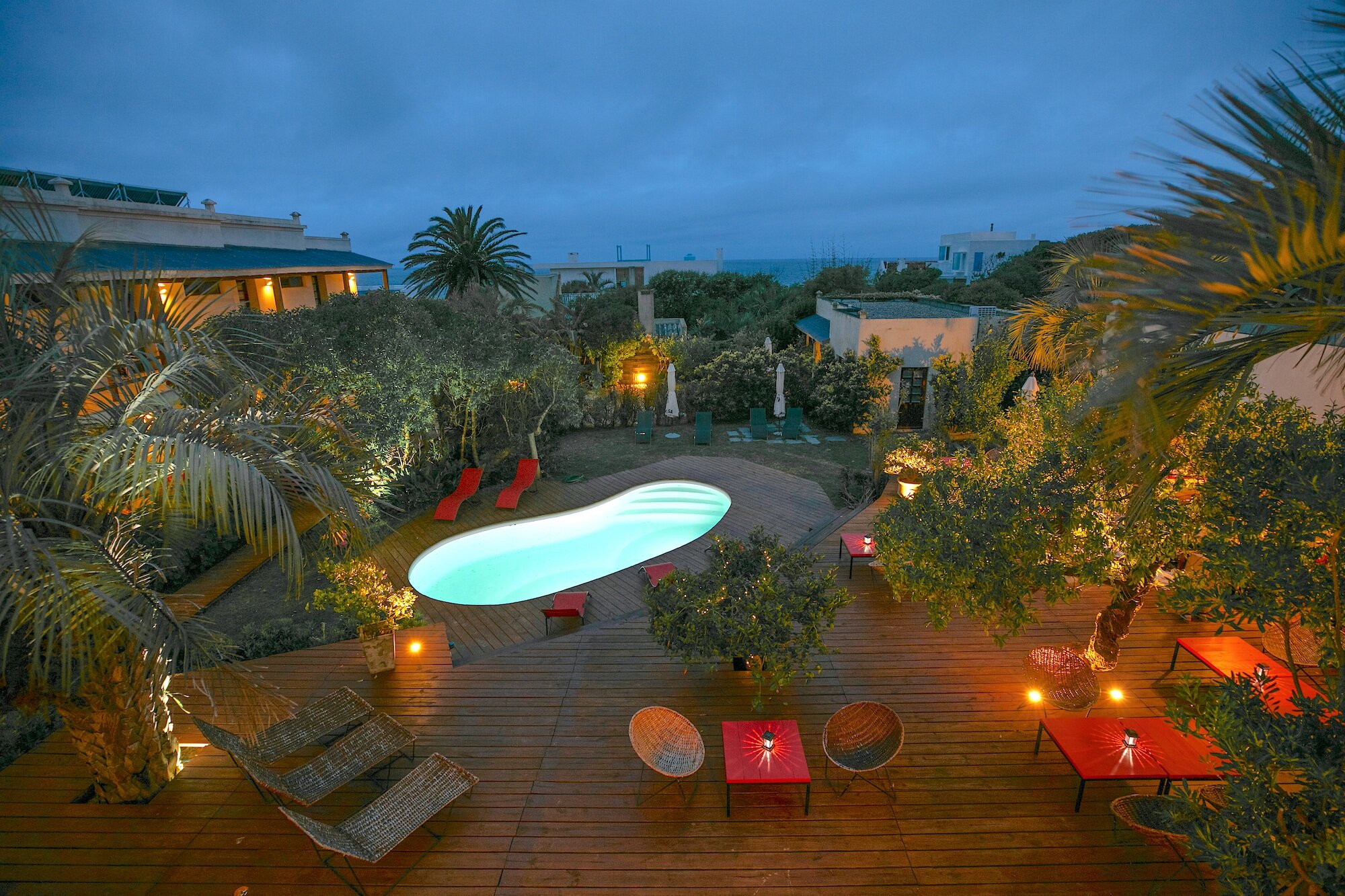
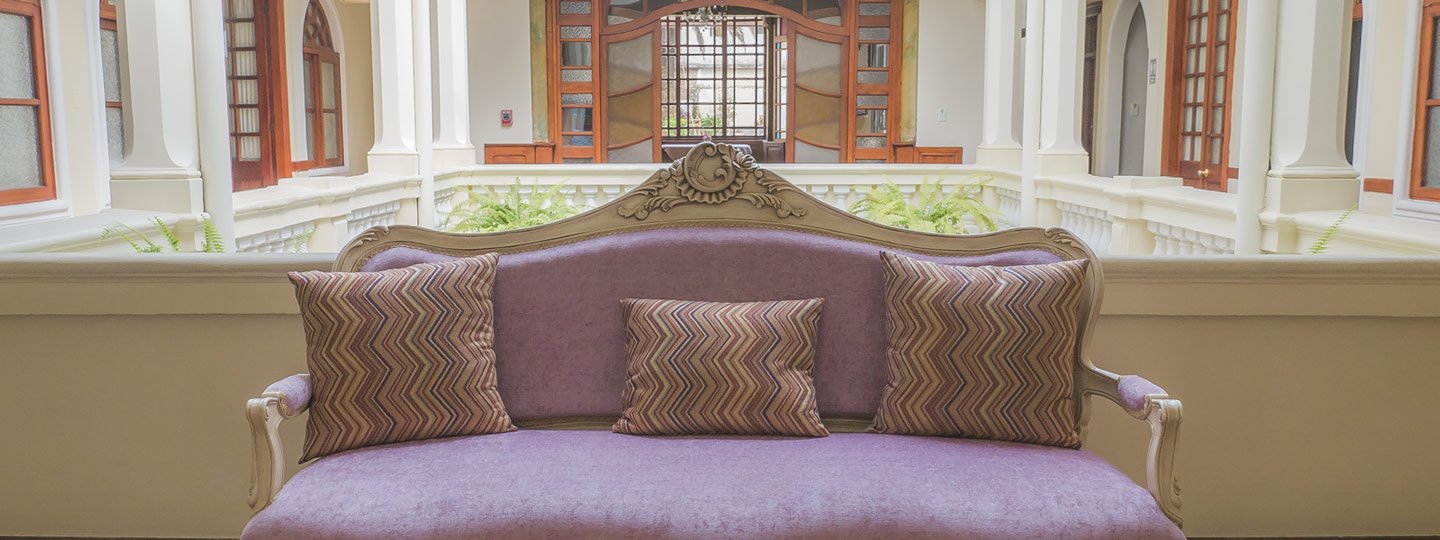
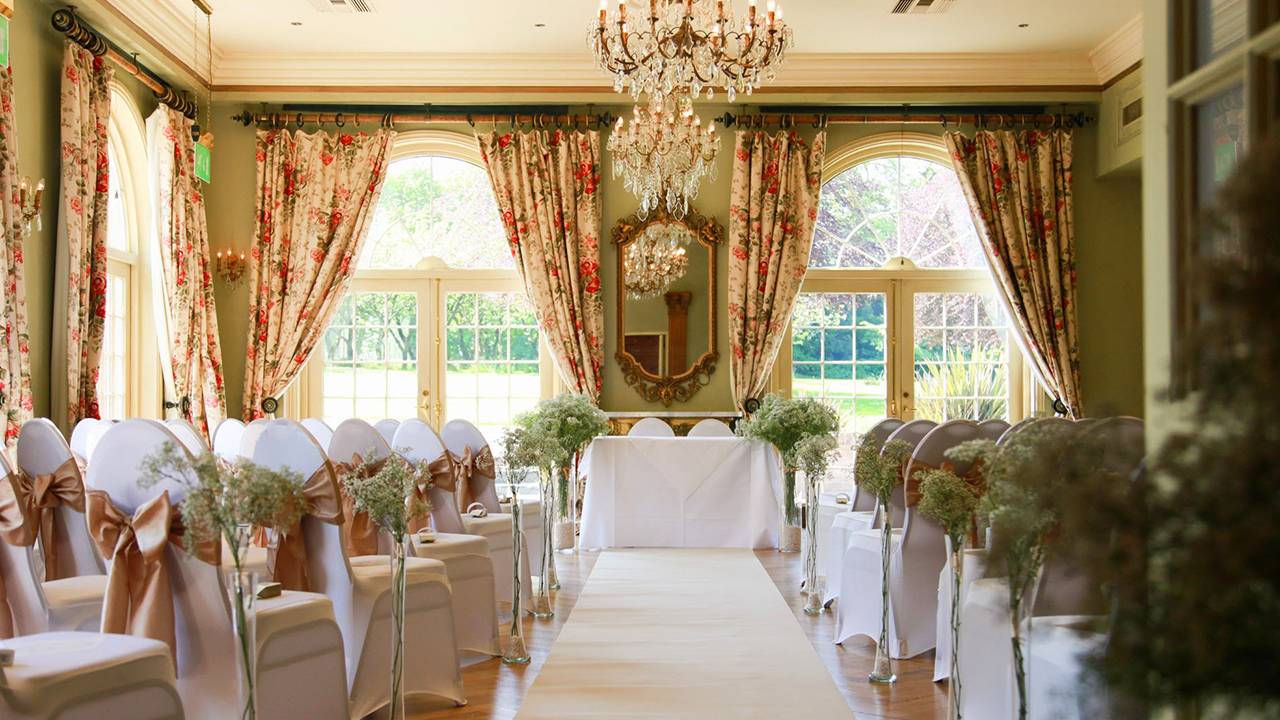
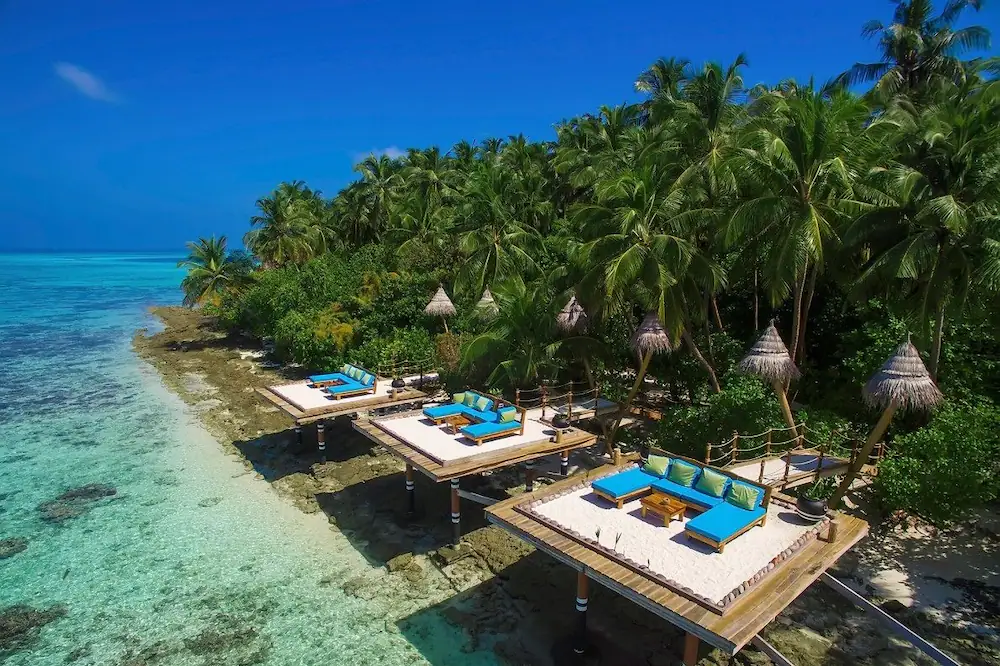
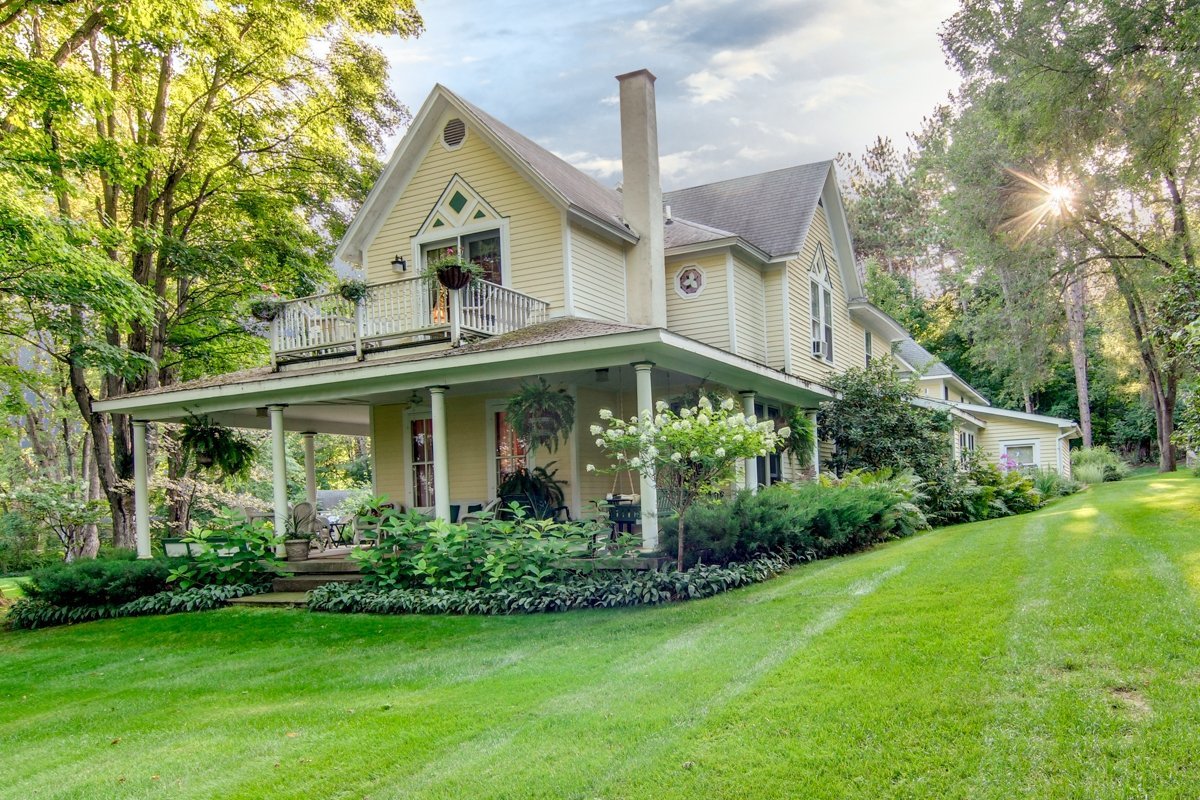
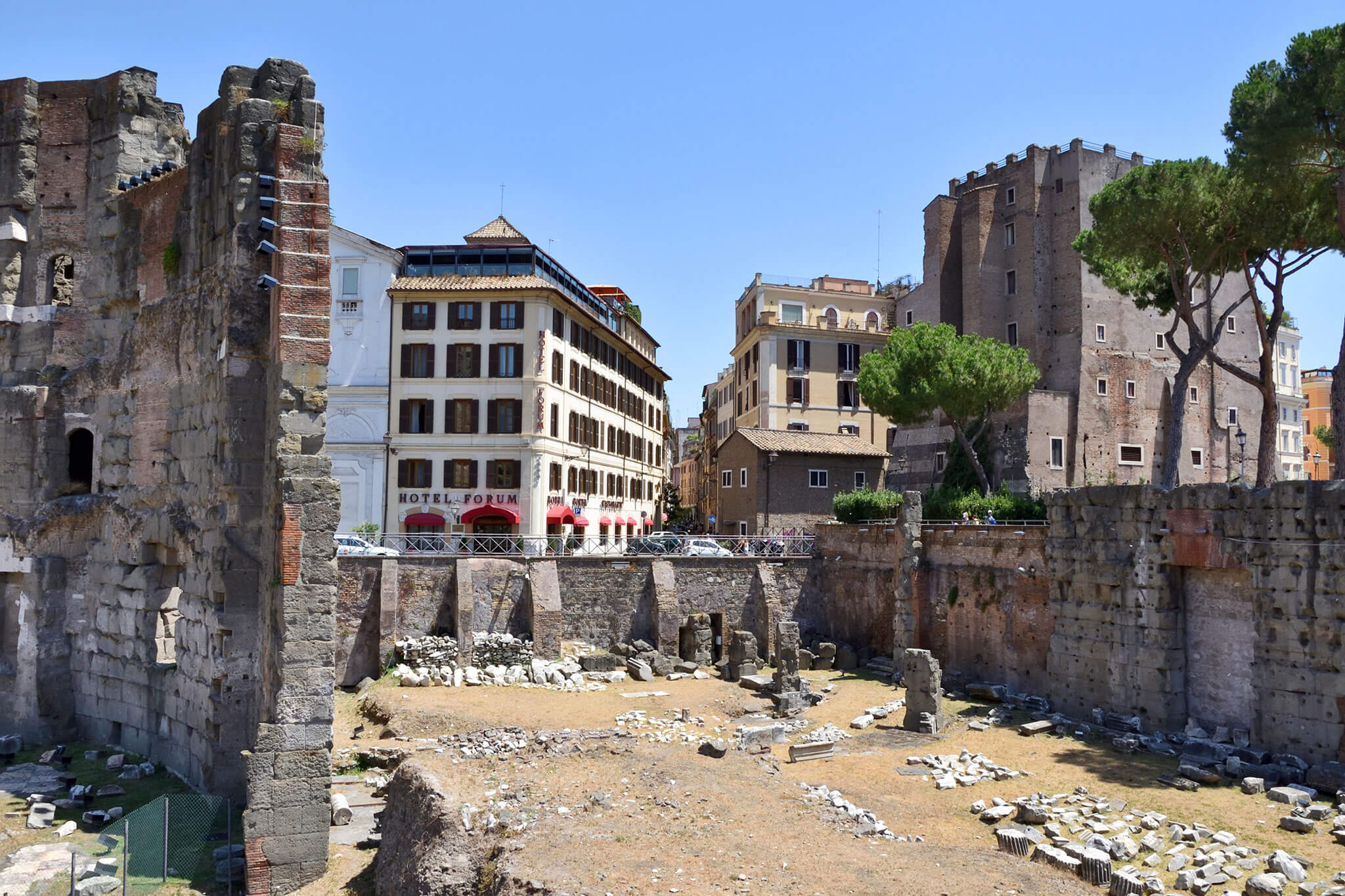
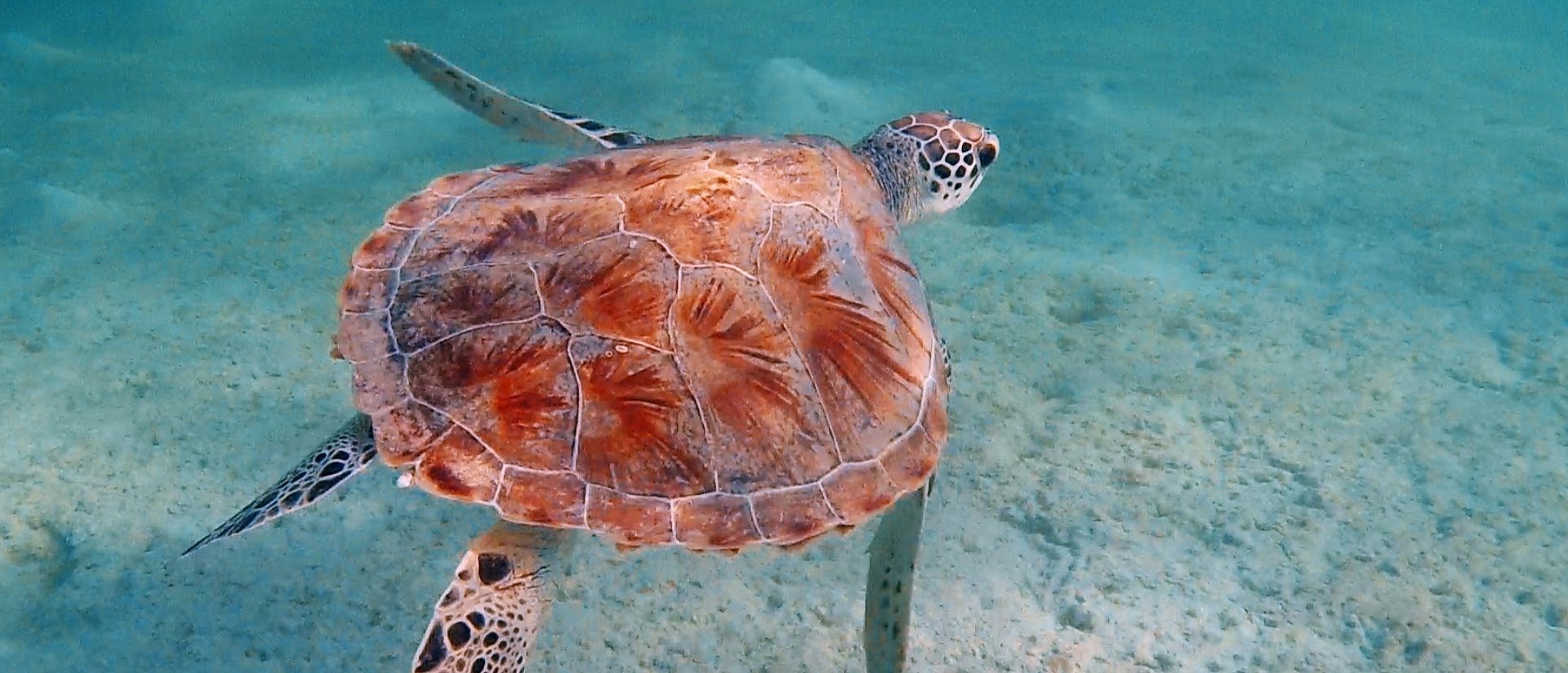
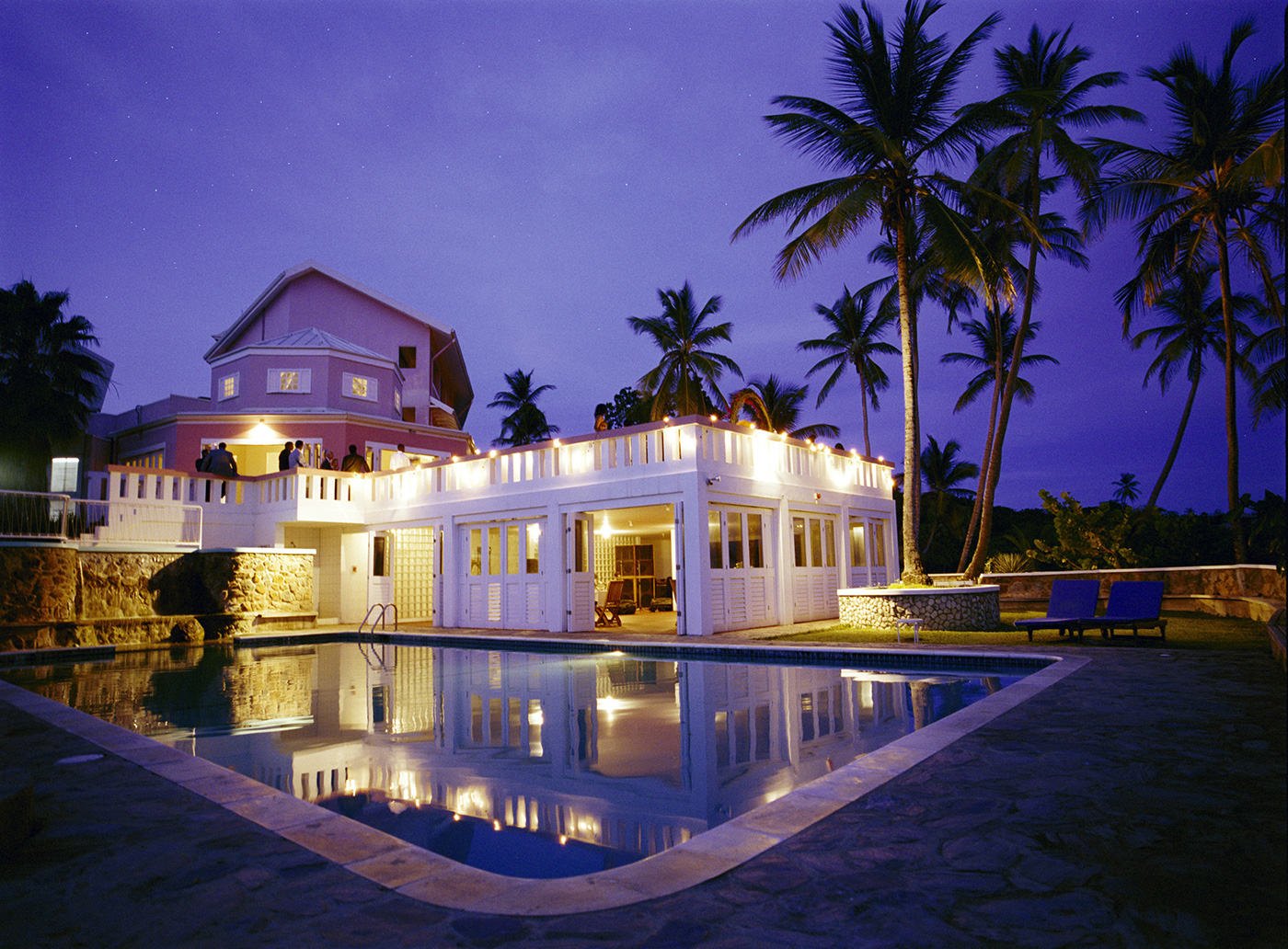
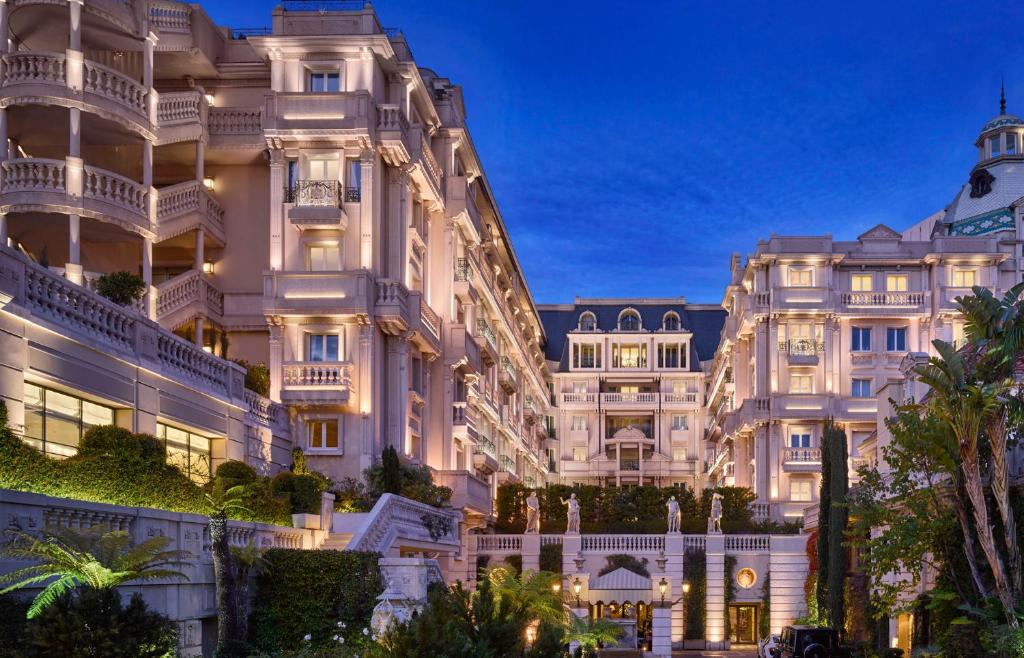
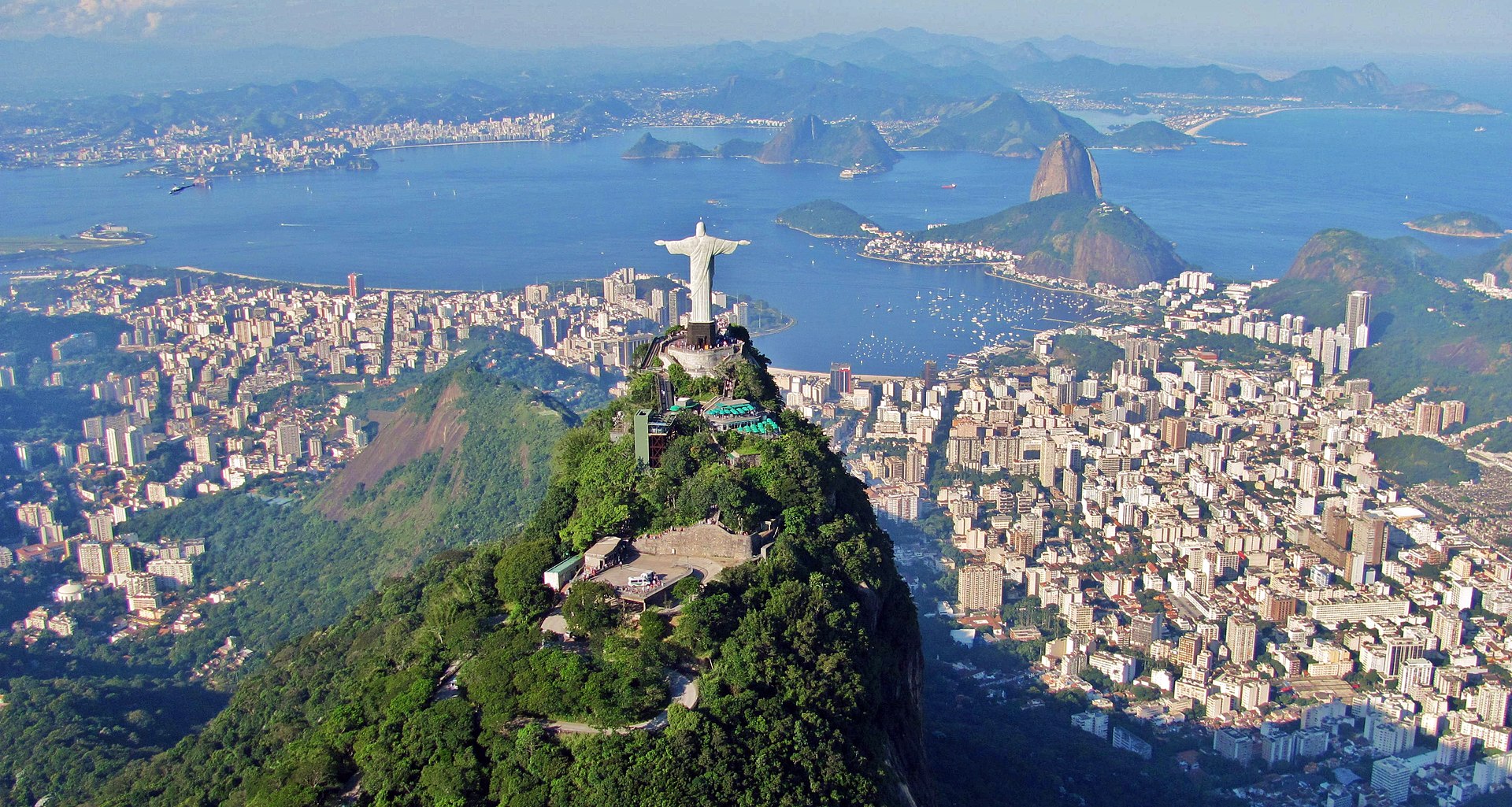
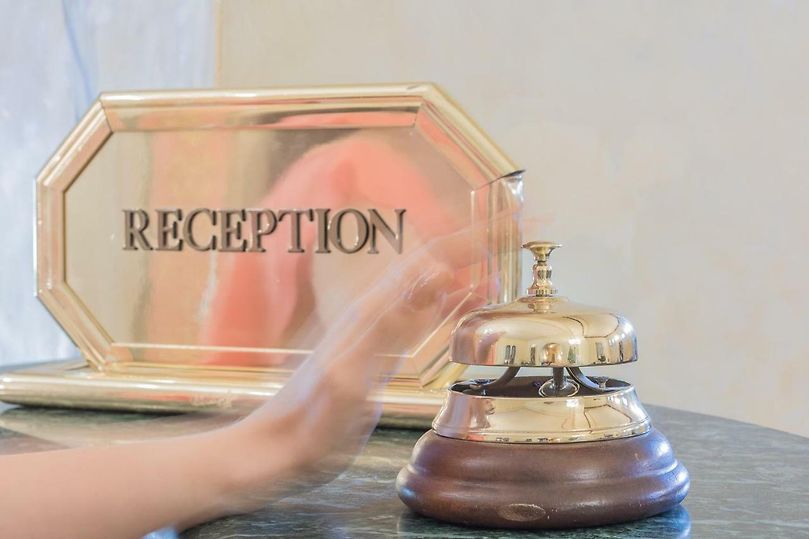
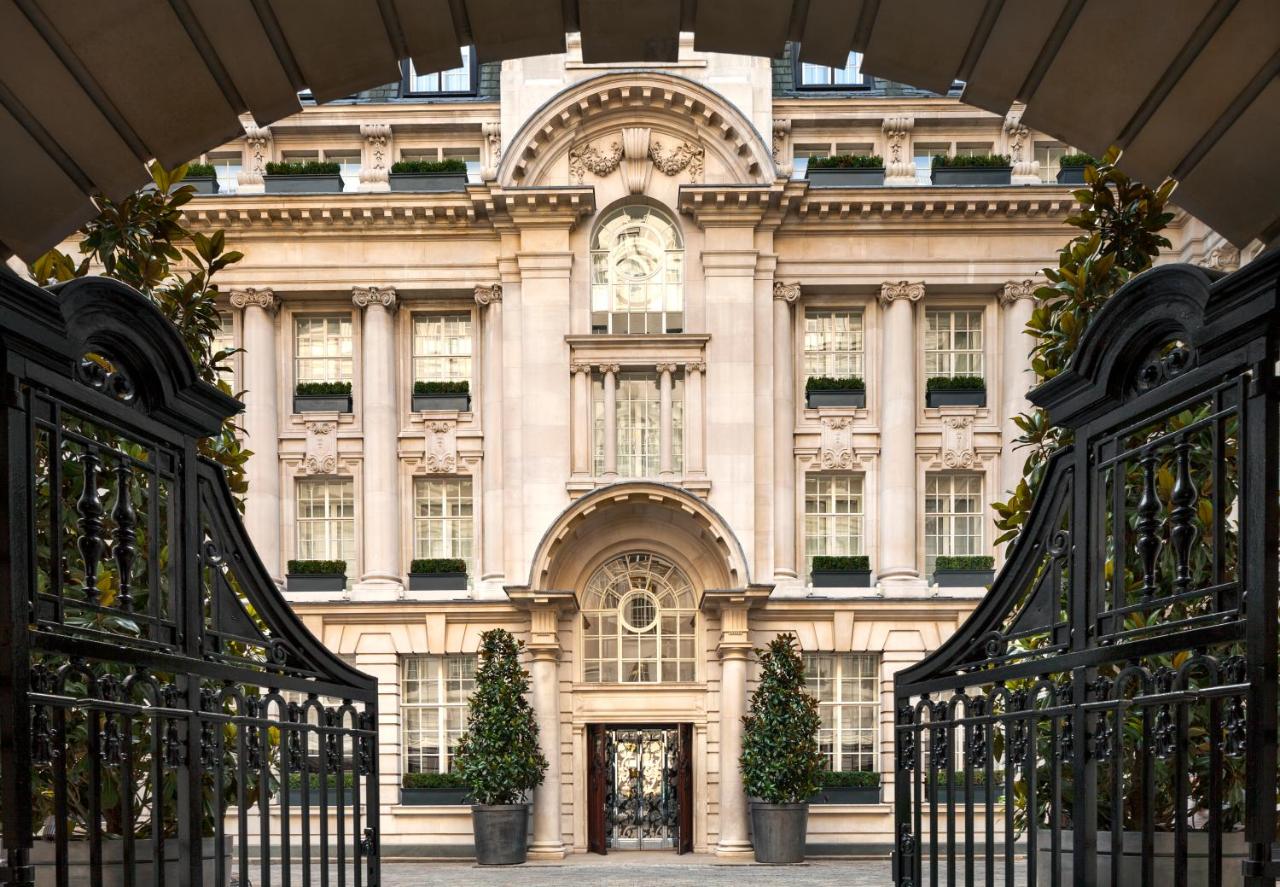
Mariánské Lázne , Karlovy Vary Region, Czech Republic
Agent: Cliff Jacobs - Managing Principal Estate Agent & CEO (Nat.Dpl.Hotel Man (UJ). M.P.R.E.)
Agent Cellphone: +27 (0) 84 413 1071 / +27 (0) 61 716 6951
Agent Office Number: +27 (0) 84 413 1071
Agent Email Address: cliff@exquisitehotelconsultants.com
Type: Boutique Hotel
Bedrooms: 40
Bathrooms: 40
Showers: 40
Parking: 40
Yield: Not Disclosed
TGCSA Rating:

Mariánské Lázně
Mariánské Lázně, Lázně is a town in the Cheb district of the Karlovy Vary Region, 27 km southeast of Cheb. The town has an area of 51.78 km². It has approximately 12 thousand inhabitants. Mariánské Lázně is the youngest of the famous triangle of West Bohemian spa towns. Since 2021, it has been listed as a UNESCO World Heritage Site under the heading Famous Spa Towns of Europe.
History of the city
History of spas
The place where the second largest spa town in Bohemia , Mariánské Lázně, is located today was in ancient times full of swamps and completely deserted.
In 1197, the nobleman Hroznata founded a Premonstratensian monastery in the settlement of Teplá , under whose administration the territory of today's spa also belonged. The monks were also the first to notice a salt spring in their forests and even tried to obtain salt by evaporation here. This salt was later successfully sold as a laxative .
In the meantime, various rumors began to circulate about the healing effects of mineral waters, and the first sick people headed to the springs. The monastery representatives then had the springs cleaned and the path to them prepared. However, the first attempts to establish a spa were unsuccessful. Local residents did not trust the spa. During the reign of Empress Maria Theresa , the mineral waters were again analyzed and the name Marienbad also appears for the first time in this period .
Dr. Johann Josef Nehr – a monastery physician, who in 1779 convinced the abbot and several monks to try the spa treatment – was instrumental in establishing the spa . He found afterwards that the water, given in minute quantities several times a day, improved the digestion, stimulated the appetite, and brought refreshing sleep to the abbot and monks. However, the monastery had to fight to obtain the necessary permits for the construction of the spa building until 1786 . In 1812, Marienbad was separated as a separate municipality from the former municipality of Úšovice , and in 1818 it acquired the status of a spa town.
They got the name Marienbad after the first spa building built at Marie's Spring . This spring was long ago called Stinky because of its pungent smell , but it got its current name from the Marian image, which was allegedly attached near the spring by a soldier returning from the war as a thank you for healing his wounds here. Karel Kašpar Reitenberger , abbot of Tepel, who started building spa houses and pavilions at the beginning of the 19th century , was responsible for the further development of the spa.
In 1820, the German poet Johann Wolfgang Goethe visited Mariánské Lázně , who visited here twice more and spent his late love affair with the young noblewoman Ulrika von Levetzow here in 1823 . He was very enthusiastic about the local natural conditions and encouraged Abbot Reitenberger not to let up in the construction of spa houses. He also advised local doctors to promote modern treatment methods in addition to traditional spa care. Goethe's presence in Mariánské Lázně had a very positive impact on attendance. The spa began to be visited by wealthier clientele.
Opera composer Richard Wagner found peace and inspiration in Mariánské Lázně. He worked here on two major operas, namely Lohengrin (in the summer of 1845) and The Masters of Nuremberg .
In 1897, the future British monarch Eduard VII visited Mariánské Lázně for the first time . What decided that the prince visited this particular spa is not known. However, on his first visit, Eduard, acting under the title Duke of Lancaster, fell in love with Mariánské Lázně and visited here nine times in total. The British king turned the world's attention to Mariánské Lázně, which was transformed every season in order to accommodate an ever-increasing number of guests. Most of the buildings were rebuilt and expanded during this period, and new hotels were constantly opening.
Mariánské Lázně also became the scene of several political meetings. In September 1899, decisions were made here in matters preceding the outbreak of the Boer War in South Africa. On August 16, 1904, Emperor Francis Joseph I and British King Edward VII met at the Nové Lázně Hotel for an official meeting . In subsequent years, negotiations between Britain and Russia or Bulgaria took place here . King Edward VII he died in 1910, then followed the period of the First World War and further development of the spa was suspended.
Karlovy Vary
Karlovy Vary is a spa city in the Karlovy Vary Region of the Czech Republic. It has about 46,000 inhabitants. It lies on the confluence of the rivers Ohře and Teplá. It is named after Charles IV, Holy Roman Emperor and the King of Bohemia, who founded the city.
Karlovy Vary is the site of numerous hot springs (13 main springs, about 300 smaller springs, and the warm-water Teplá River), and is the most visited spa town in the Czech Republic. The historic city centre with the spa cultural landscape is well preserved and is protected by law as an urban monument reservation. It is the largest spa complex in Europe. In 2021, the city became part of the transnational UNESCO World Heritage Site under the name "Great Spa Towns of Europe" because of its spas and architecture from the 18th through 20th centuries.
After the First World War and the creation of Czechoslovakia , guests returned to the spa again. The sharp increase in traffic attracted more visitors and the spa had to solve accommodation problems. Soon, however, the economic crisis came, which again stopped the further development of the city. Fortunately, the Second World War almost spared the city, so the spa character of the city was preserved. During the so-called Kristallnacht in 1938, the Jewish synagogue was destroyed by the Nazis . The land after the destroyed synagogue on Hlavní třída remained empty until today.
After the post-war deportation of German residents and the exchange of population, Mariánské Lázně became a partly decaying city. A more significant turnaround did not occur until after 1989, and since then much progress has been made in the field of building revitalization. An important former hotel, e.g. Lesní mlýn (later the ROH Donbas sanatorium ) with a tradition dating back to 1833, which, after years of decay and changes of ownership, was acquired by new owners on August 8, 2018, who immediately began renovations and partially made the building accessible. However, some historic spa buildings remain abandoned to this day, such as the Kavkaz spa complex on Goethe Square, where the British King Edward VII stayed.In the case of the architecturally significant hotel Halbmayr Haus (later Rozkvět) built on Mírové náměstí, the building burned down in 2014 after a long period of decay, and was demolished the following year.
Etymology
The city is named after its founder. The name Karlovy Vary means literally "Charles' Baths". The city was also colloquially called Warmbad ("hot bath").[6]
Karlovy Vary is located about 106 kilometres (66 mi) west of Prague. It lies at the confluence of the Ohře (which flows across the city) with the Teplá and Rotava rivers.
The northern part of the municipal territory with most of the built-up area lies in a relatively flat landscape of the Sokolov Basin. The southern part, including the valley of the Teplá River, lies in a hilly landscape of the Slavkov Forest and in the eponymous protected landscape area. The highest point is the hill Vítkův vrch, at 642 metres (2,106 ft) above sea level.
History
An ancient late Bronze Age fortified settlement was found in Drahovice. A Slavic settlement on the site of Karlovy Vary is documented by findings in Tašovice and Sedlec. People lived in close proximity to the site as far back as the 13th century and they must have been aware of the curative effects of thermal springs.
From the end of the 12th century to the early 13th century, German settlers from nearby German-speaking regions came as settlers, craftsmen and miners to develop the region's economy. Eventually, Karlovy Vary/Karlsbad became a town with a German-speaking population.
In 1325, Obora, a village in the today's city area, was mentioned. Karlovy Vary as a small spa settlement was founded most likely around 1349. According to a legend, Charles IV organized an expedition into the forests surrounding modern-day Karlovy Vary during a stay in Loket. It is said that his party once discovered a hot spring by accident, and thanks to the water from the spring, Charles IV healed his injured leg. On the site of a spring, he established a spa mentioned as in dem warmen Bade bey dem Elbogen in German, or Horké Lázně u Lokte (Hot Spas at the Loket). The location was subsequently named "Karlovy Vary" after the emperor. Charles IV granted the town privileges on 14 August 1370. Earlier settlements can also be found on the outskirts of today's city.
Modern times
An important political event took place in the city in 1819, with the issuing of the Carlsbad Decrees following a conference there. Initiated by the Austrian Minister of State Klemens von Metternich, the decrees were intended to implement anti-liberal censorship within the German Confederation.
Due to publications produced by physicians such as David Becher and Josef von Löschner, the city developed into a spa resort in the 19th century and was visited by many members of European aristocracy as well as celebrities from many fields of endeavour. It became even more popular after railway lines were completed from Prague to Cheb in 1870.
The number of visitors rose from 134 families in the 1756 season to 26,000 guests annually at the end of the 19th century. By 1911, that figure had reached 71,000, but the outbreak of World War I in 1914 greatly disrupted the tourism on which the city depended.
At the end of World War I in 1918, the large German-speaking population of Bohemia was incorporated into the new state of Czechoslovakia in accordance with the Treaty of Saint-Germain-en-Laye (1919). As a result, the German-speaking majority of Karlovy Vary protested. A demonstration on 4 March 1919 passed peacefully, but later that month, six demonstrators were killed by Czech troops after a demonstration became unruly.
According to the 1930 census, the city was home to 23,901 inhabitants – 20,856 were of German ethnicity, 1,446 of Czechoslovak ethnicity (Czech or Slovak), 243 of Jewish ethnicity, 19 of Hungarian ethnicity and 12 of Polish ethnicity.
In 1938, the majority German-speaking areas of Czechoslovakia, known as the Sudetenland, became part of Nazi Germany according to the terms of the Munich Agreement. After World War II, in accordance with the Potsdam Agreement, the vast majority of the people of the city were forcibly expelled because of their German ethnicity. In accordance with the Beneš decrees, their property was confiscated without compensation.
Since the end of Communist rule in Czechoslovakia in 1989 and the fall of the Soviet Union in 1991, the presence of Russian businesses in Karlovy Vary has steadily increased.
Demographics
In 2017, non-Czech residents were around 7% of the population of the Karlovy Vary region. After Prague, this is the highest proportion in the Czech Republic. The largest group of foreigners were Vietnamese, followed by Germans, Ukrainians and Russians.
About Us
We are not a classic sanatorium, as are many hotels in Mariánské Lázně.
Our hotel is more personal and most suitable for guests looking for a reasonably priced but well equipped hotel with a private spa experience. We are not suitable for clients looking for a medical sanatorium style hotel. We are most enjoyed by guests who want to spend their holiday breaks in a friendly and relaxed hotel offering customized wellness treatments and by guests who enjoy and appreciate the intimacy of our private spa and sauna/steam bath suite.
In the restaurant it is possible to eat both in the form of a buffet or by choosing from the menu; most dishes also offer a vegetarian alternative. Our more active guests appreciate the hotel’s proximity to several of Marianske Lazne’s nature parks, walking, biking and cross country ski trails, microbrewery, Royal decreed golf course, bowling, natural swimming pool and of course we are just a few minutes walk from the train station. Pets are welcome - accommodation is possible with a dog or another pet.
Rooms
Your room at DaVinci will be refreshing and contemporary; deep and powerful in colours, yet warm and welcoming for you to relax and enjoy.
Superior Double Room
Comfortable room with double or twin bed, TV, safe, complimentary minibar & WiFi; bathrooms with shower, hairdryer.
Family Suite
Suite with 2 bedrooms, each with double bed, TV, safe, complimentary minibar &WiFi, 2 bathrooms with shower, hairdryer, amenities; common entrance hall.
Junior Suite
Spaceous guest room with sitting area, queen size bed, extra bed sofa, TV, safe, complimentary minibar & WiFi; bathroom with bathtub, hairdryer, amenities.
Restaurant
Good food, Good friends, Good times!
At our restaurant we serve you well known menu favourites with great flavours in a relaxed and fun atmosphere.
Our Spa
Our spa is designed as an intimate, private wellness centre, always reserved by our guests for their privacy. Most of our clients appreciate this concept and compliment the hotel in not being like traditional hospital style sanatoriums in other parts of the city.
For this reason, we offer treatments that focus on a true positive impact on the body, muscles and joints with a focus on relaxation and rejuvenation of both the body and soul. Importantly because our therapists focus on the relaxation of the body we can custom design a spa ritual consisting of several of our most popular treatments and all designed to fit your budget and your length of stay with us.
We look forward to seeing you on your next visit to Marianske Lazne.








































Cliff Jacobs (Nat Dpl Hotel Man (UJ). MPRE. GA Level 5 TEFL) Managing Principal / CEO Exquisite Hotel Consultants (Pty) Ltd Mobile: +27 (0) 84 413 1071 / +27 (0) 61 716 6951 Email: cliff@exquisitehotelconsultants.com Web: https://www.exquisitehotelconsultants.com © All rights reserved Terms and Conditions apply Scroll down to view our Hospitality Properties and Businesses for sale or lease or lease-to-buy or partnership arrangement or management agreement arrangement.